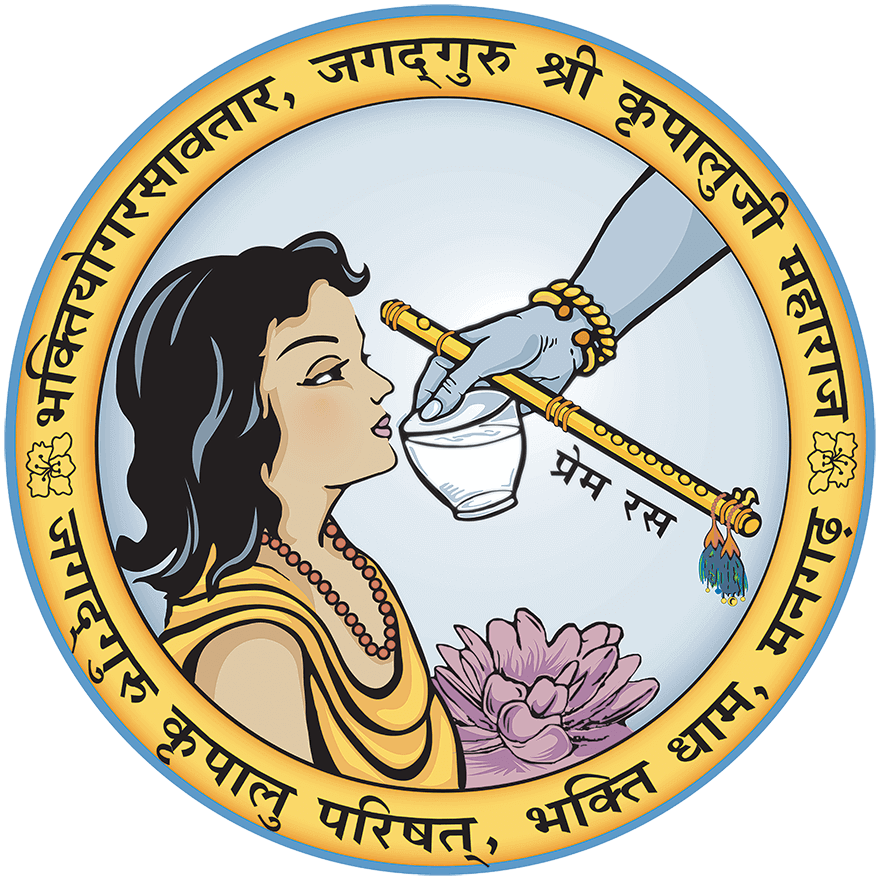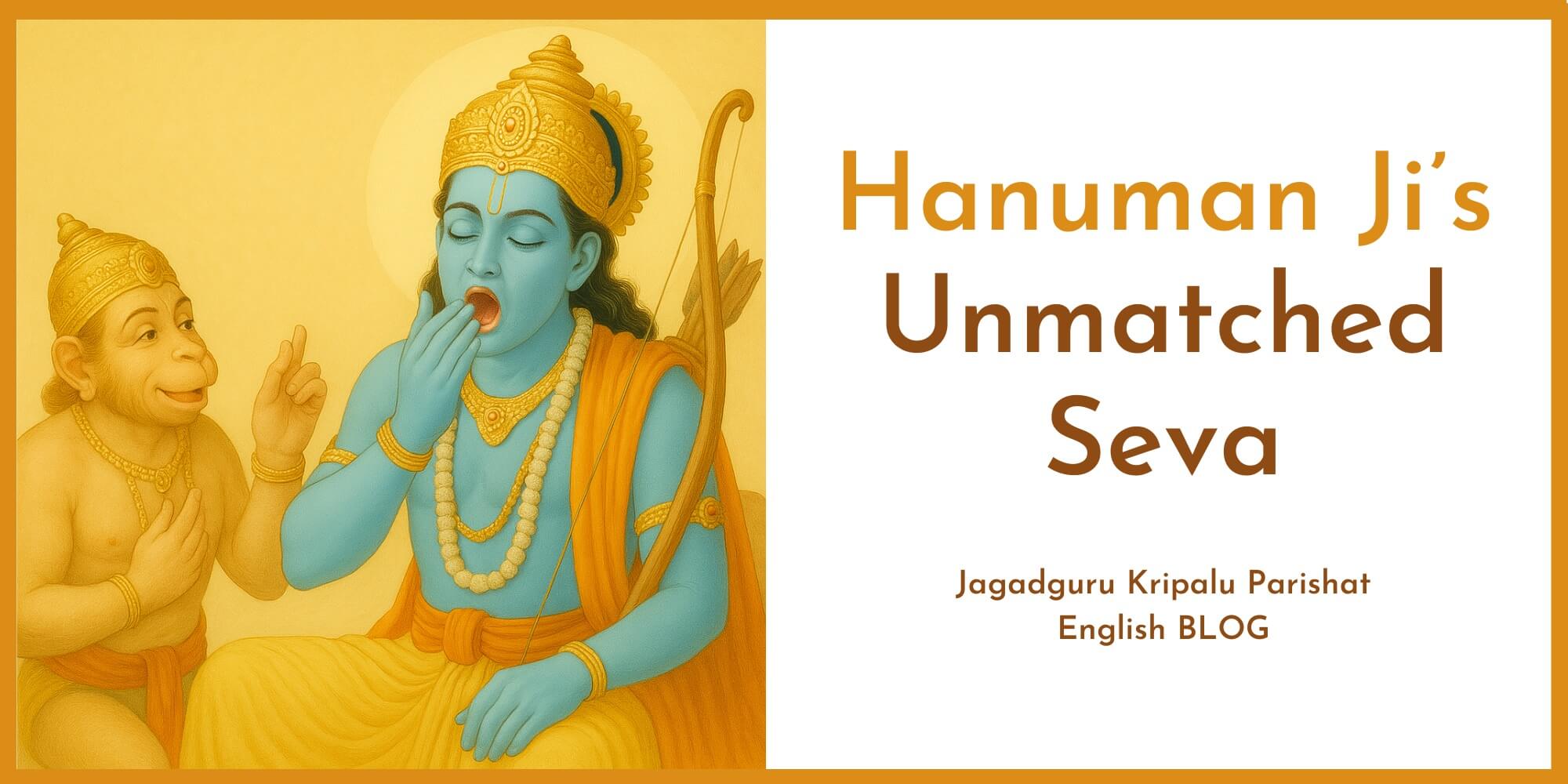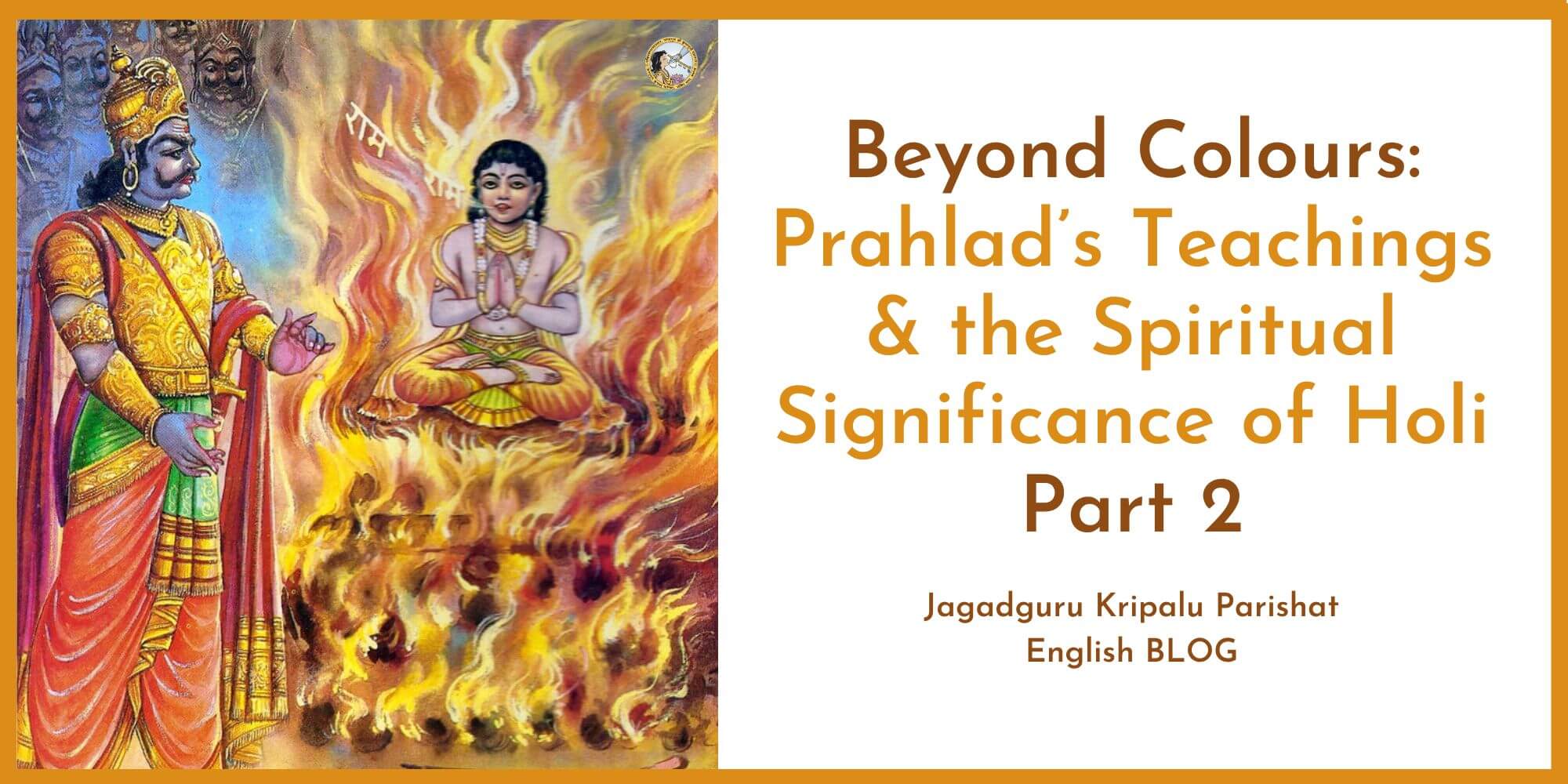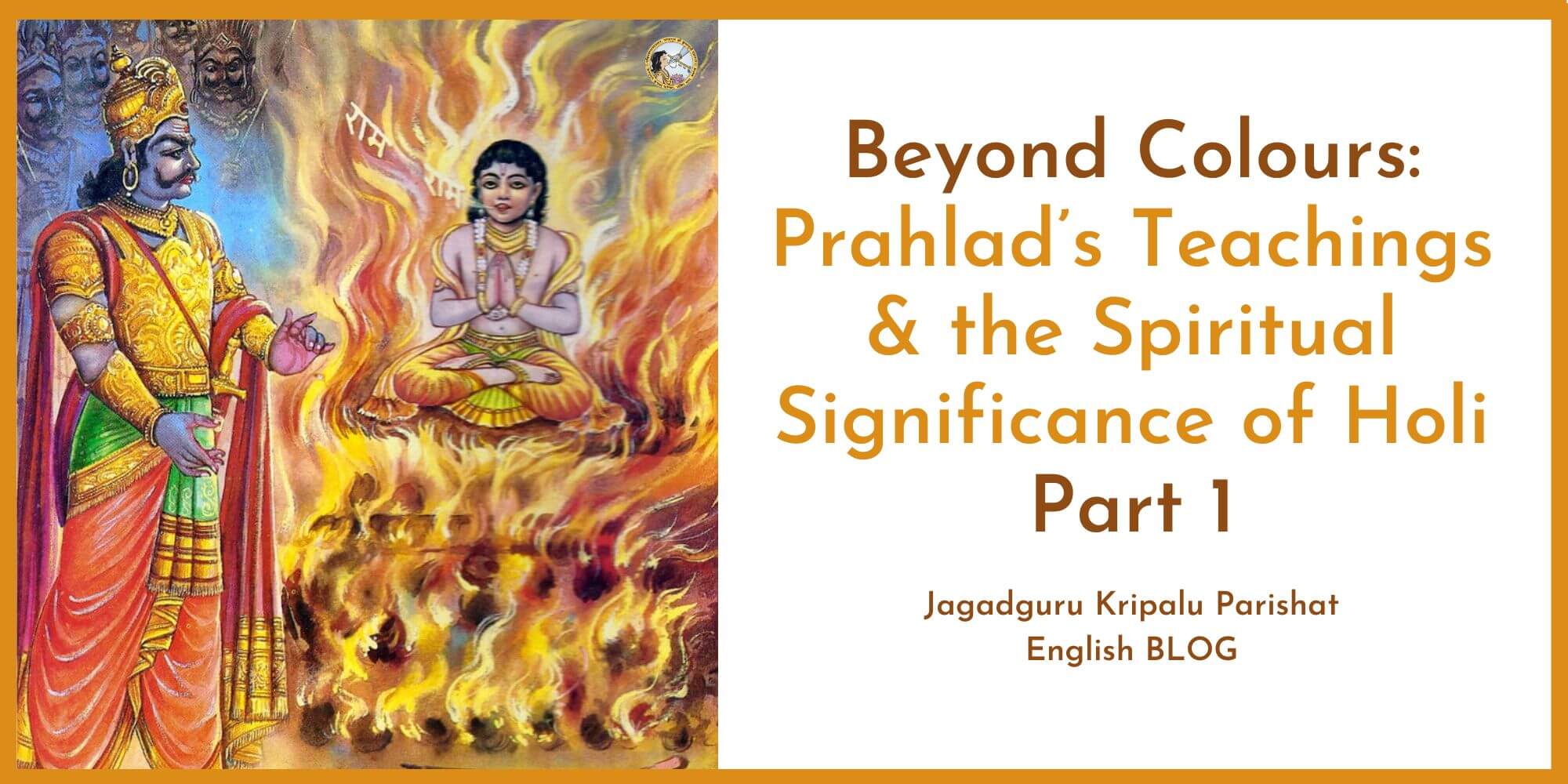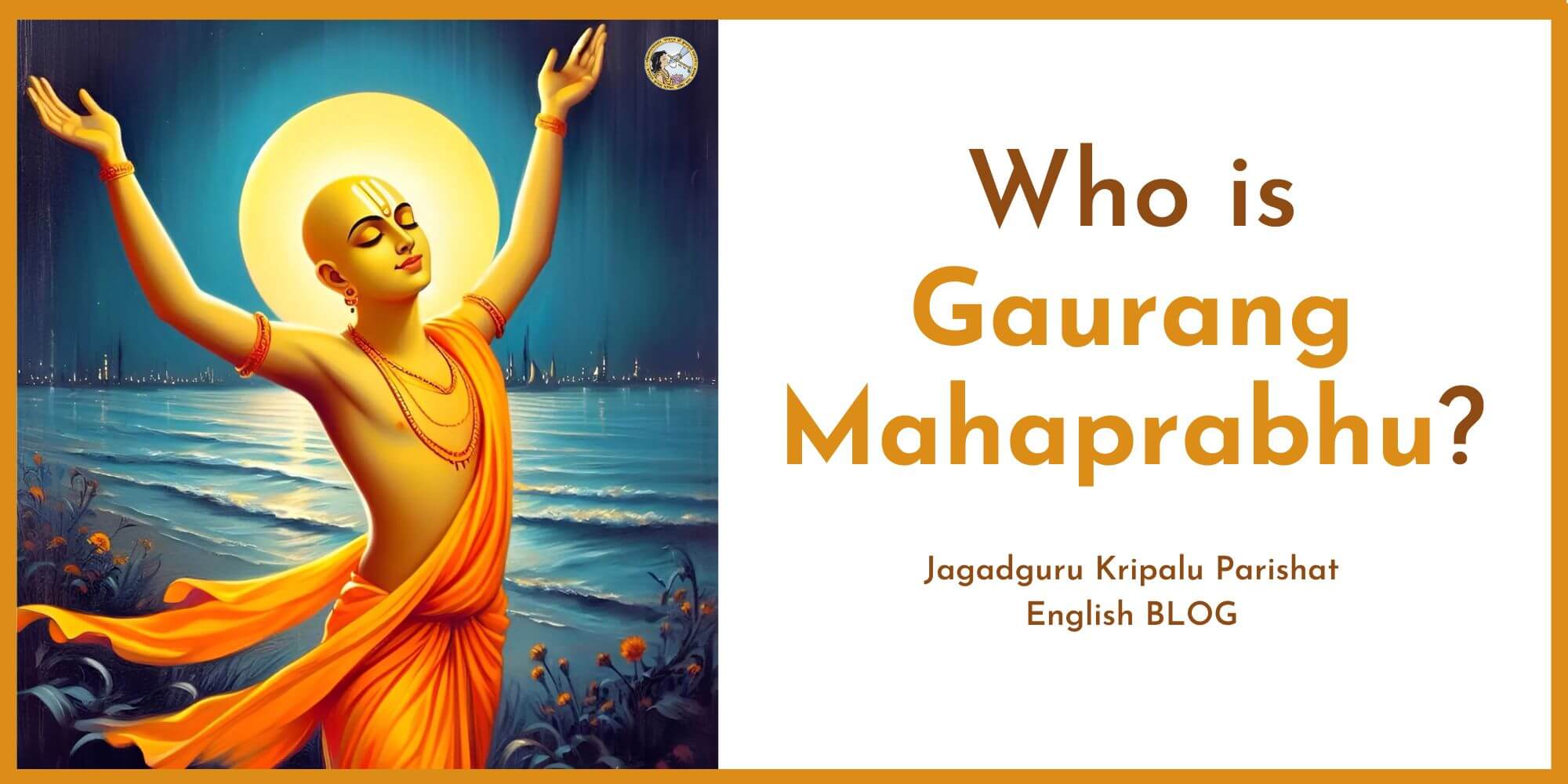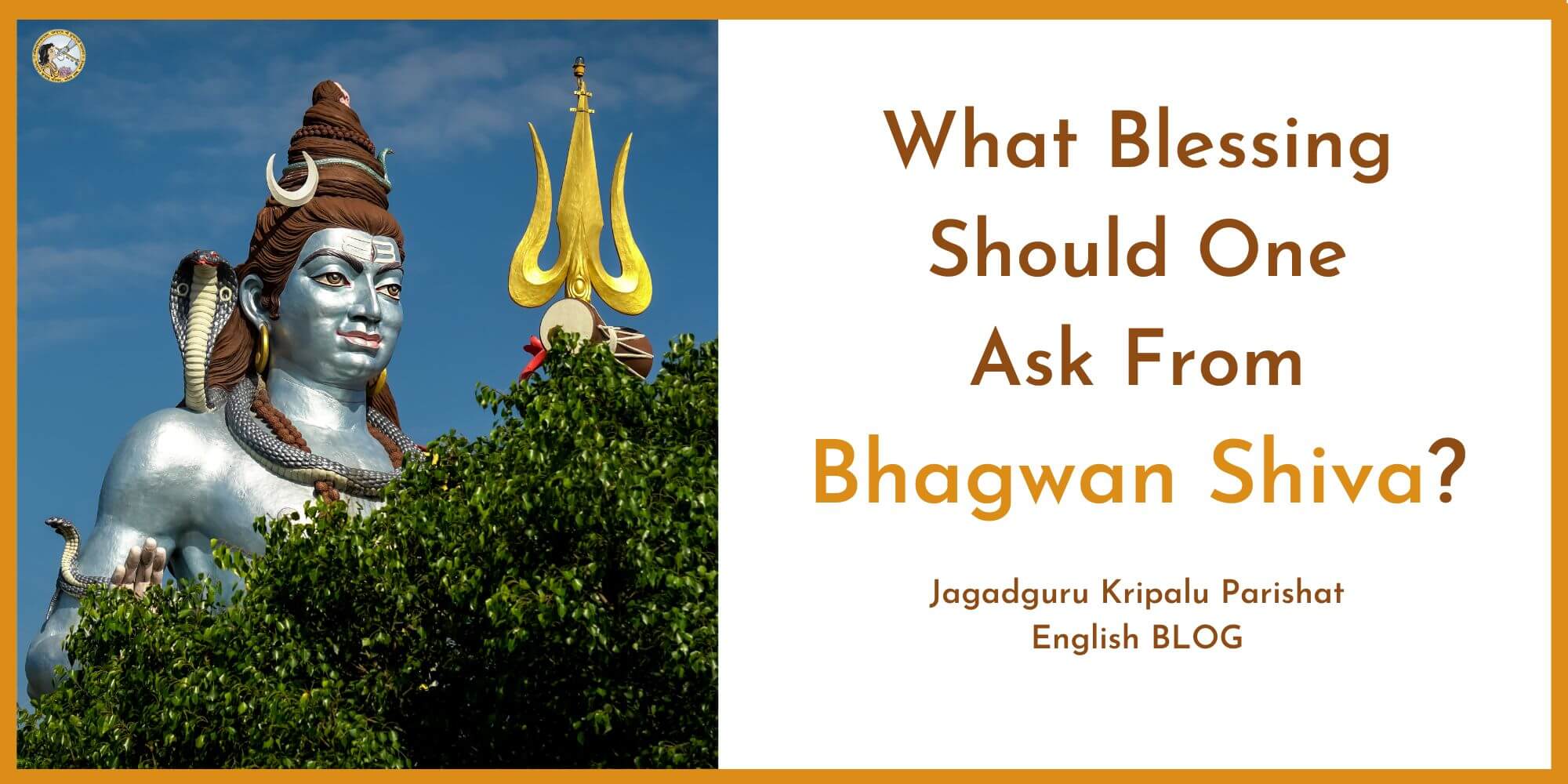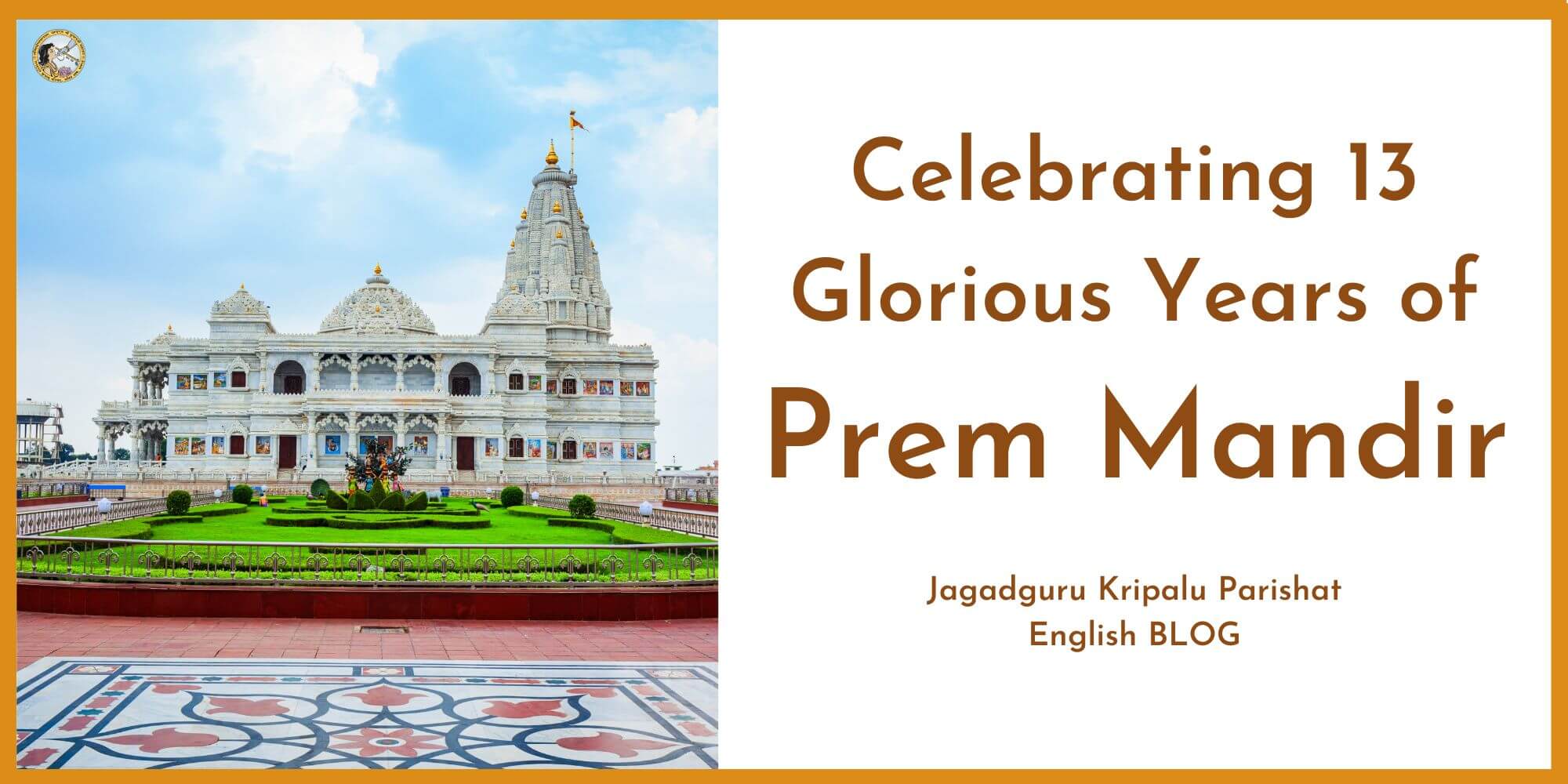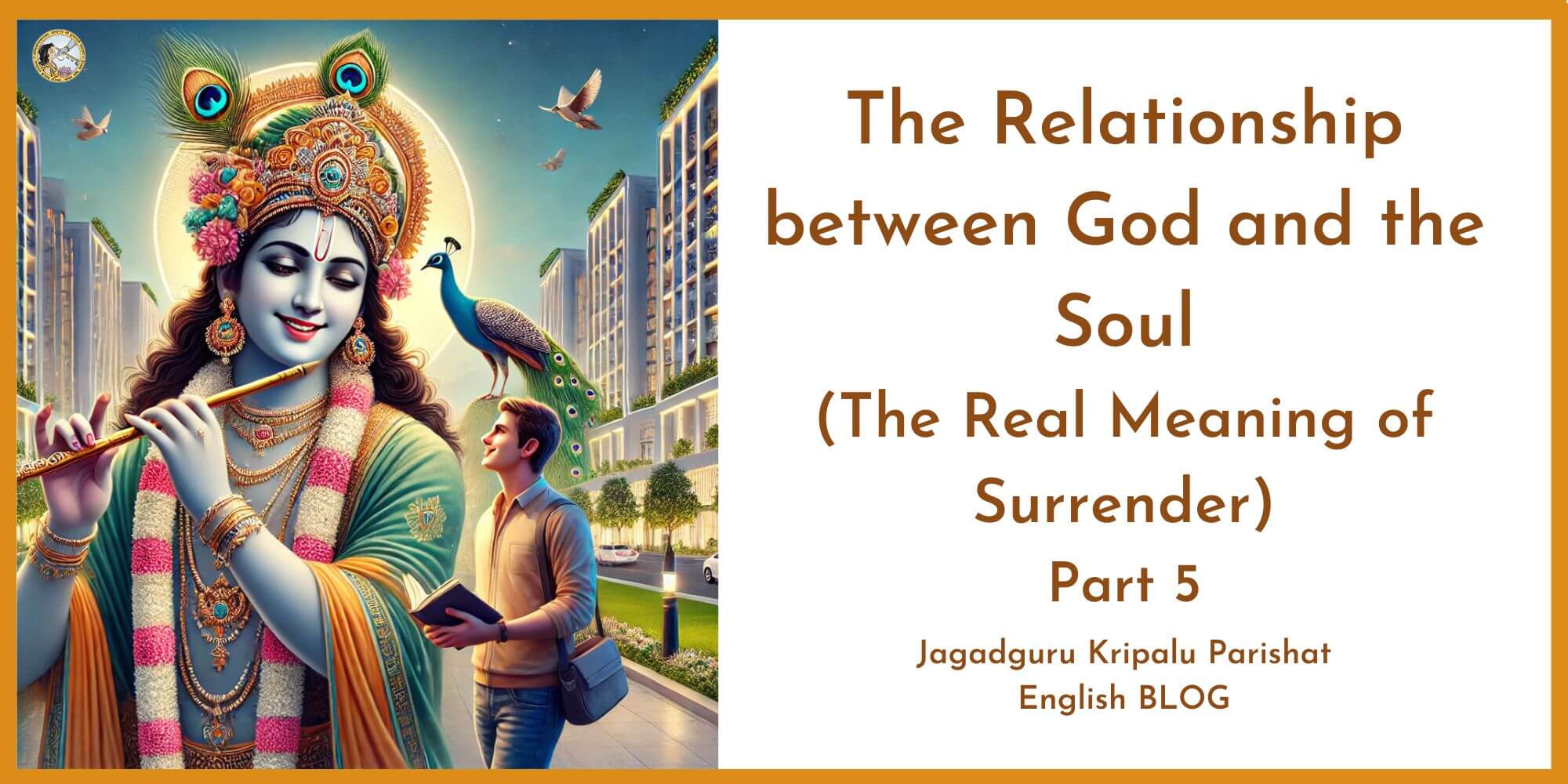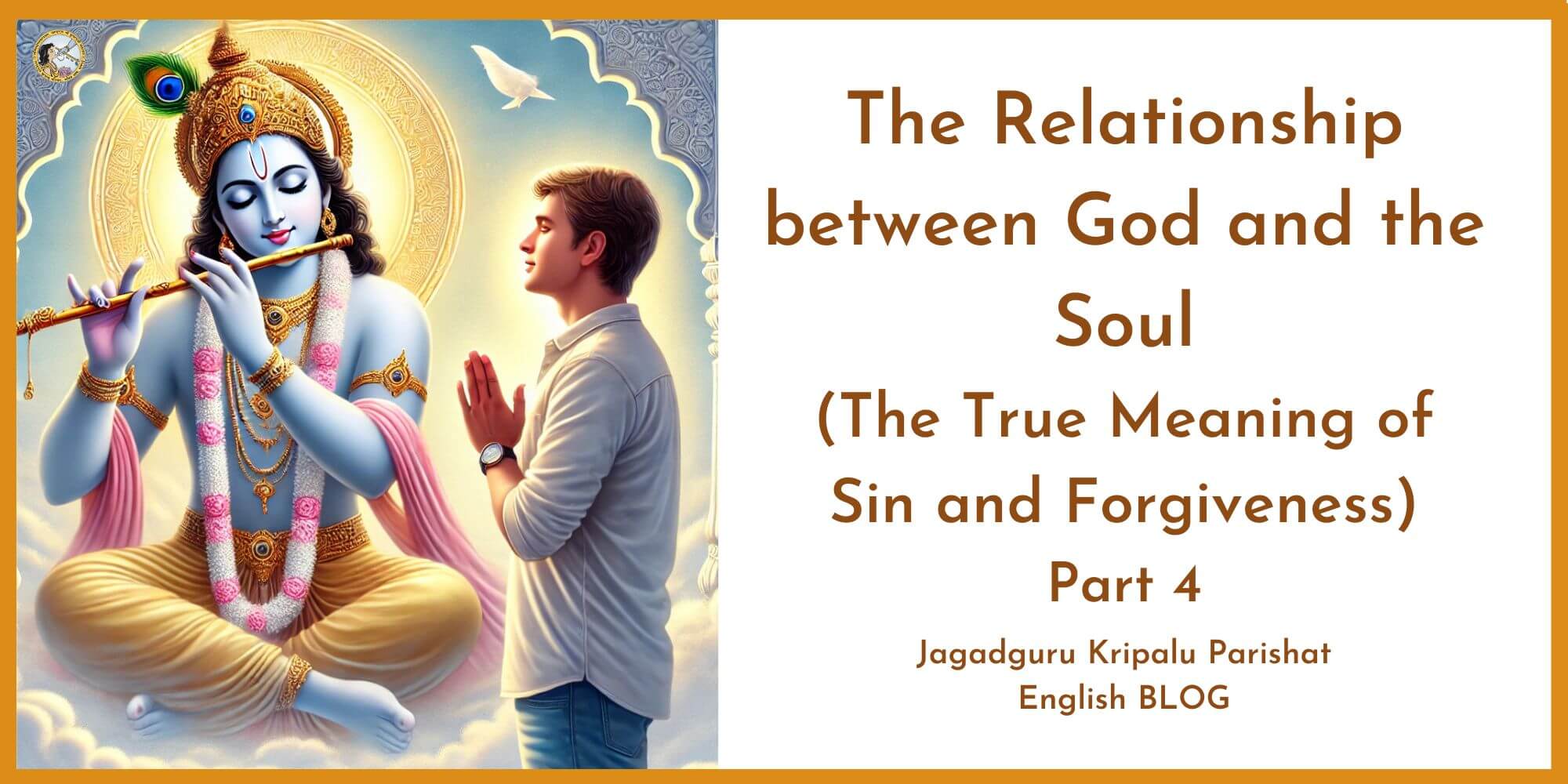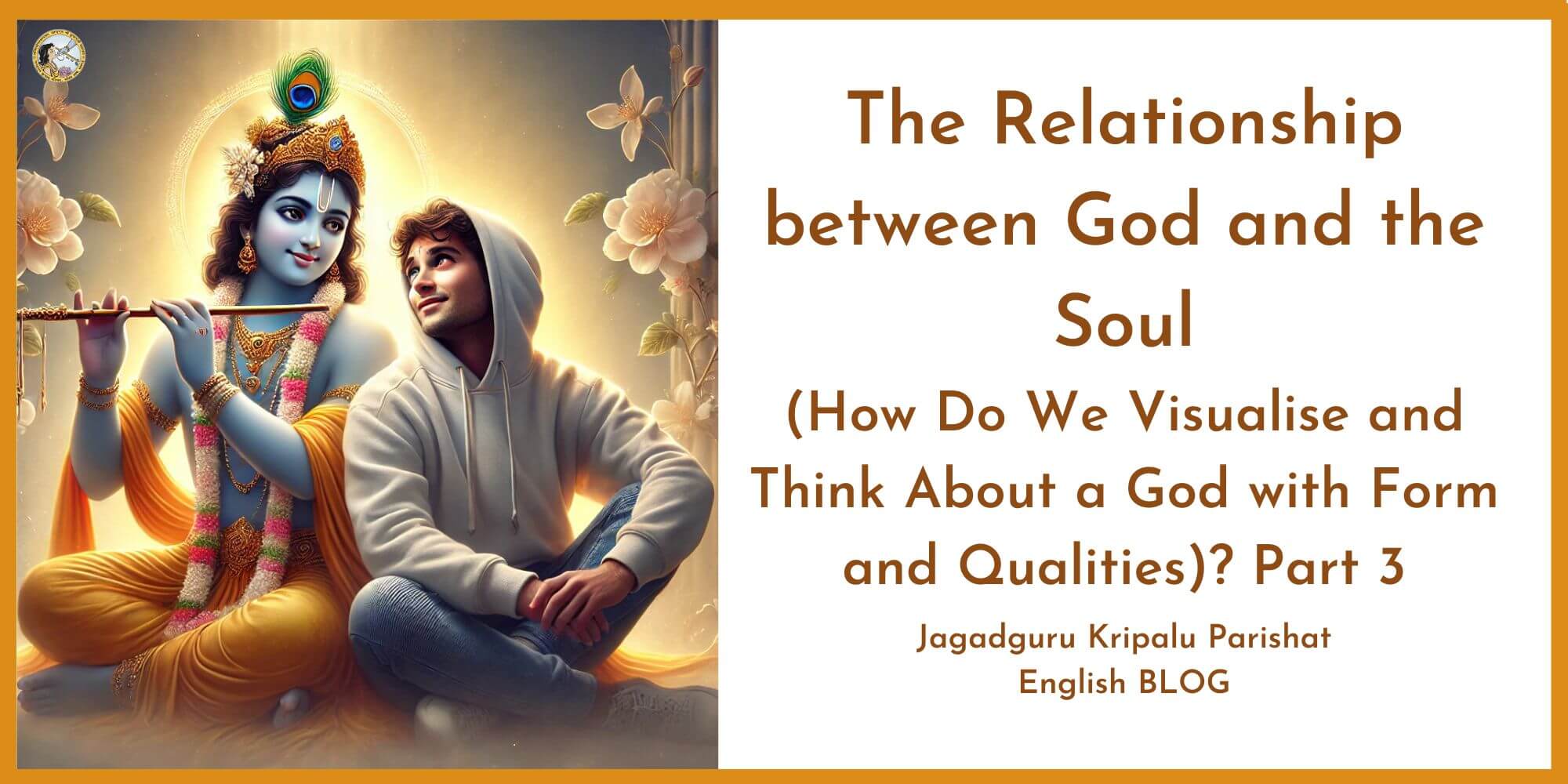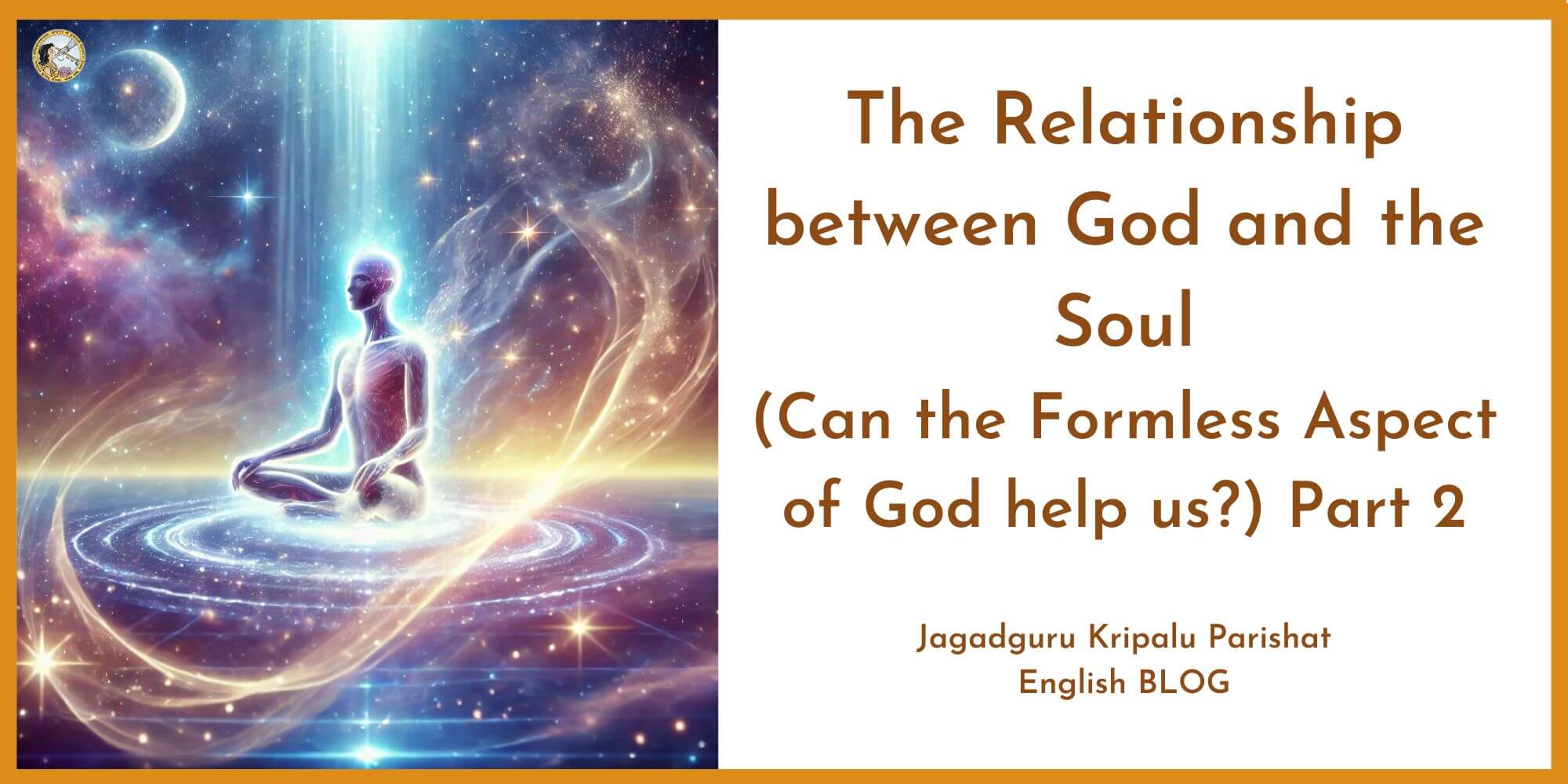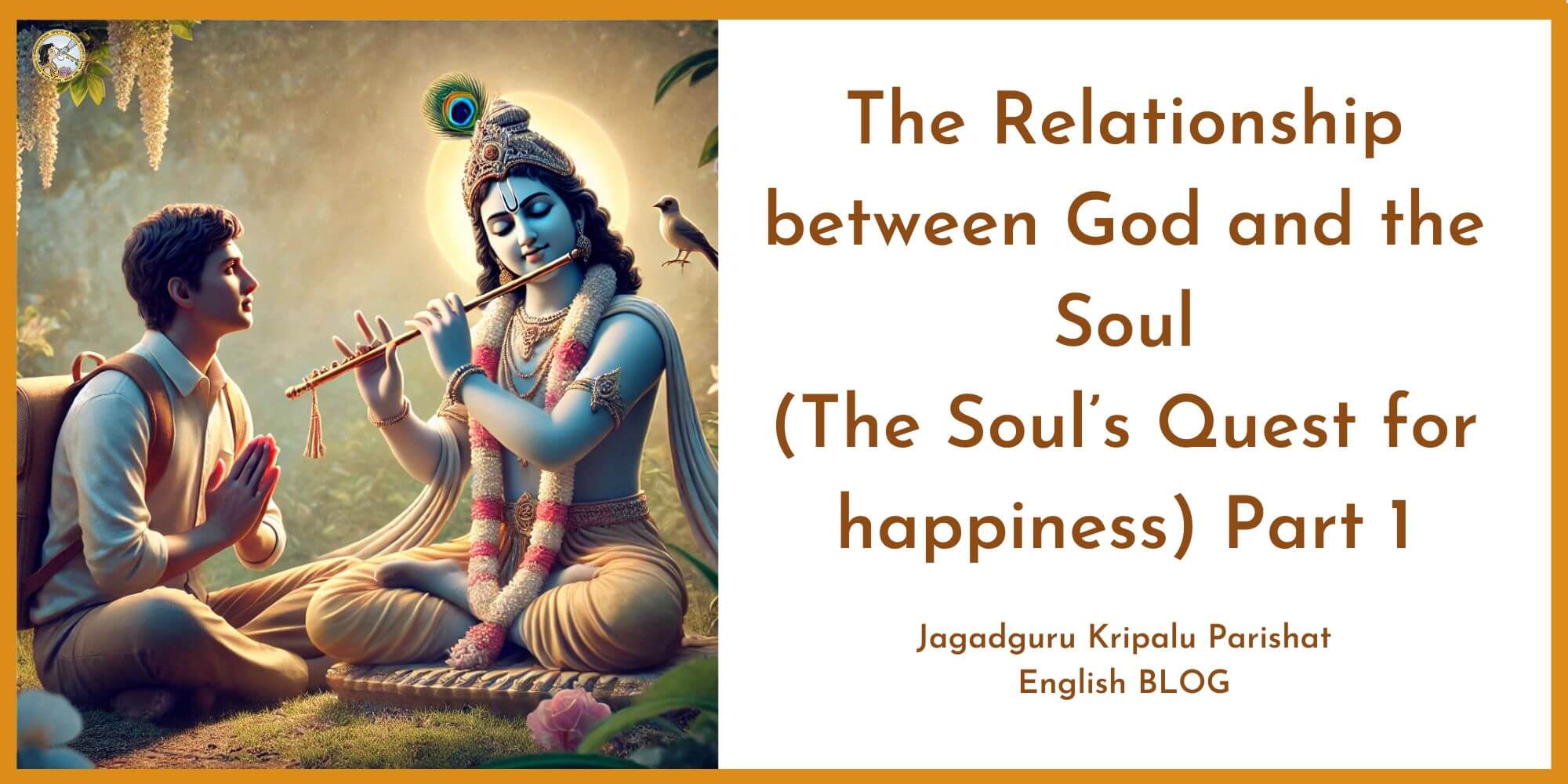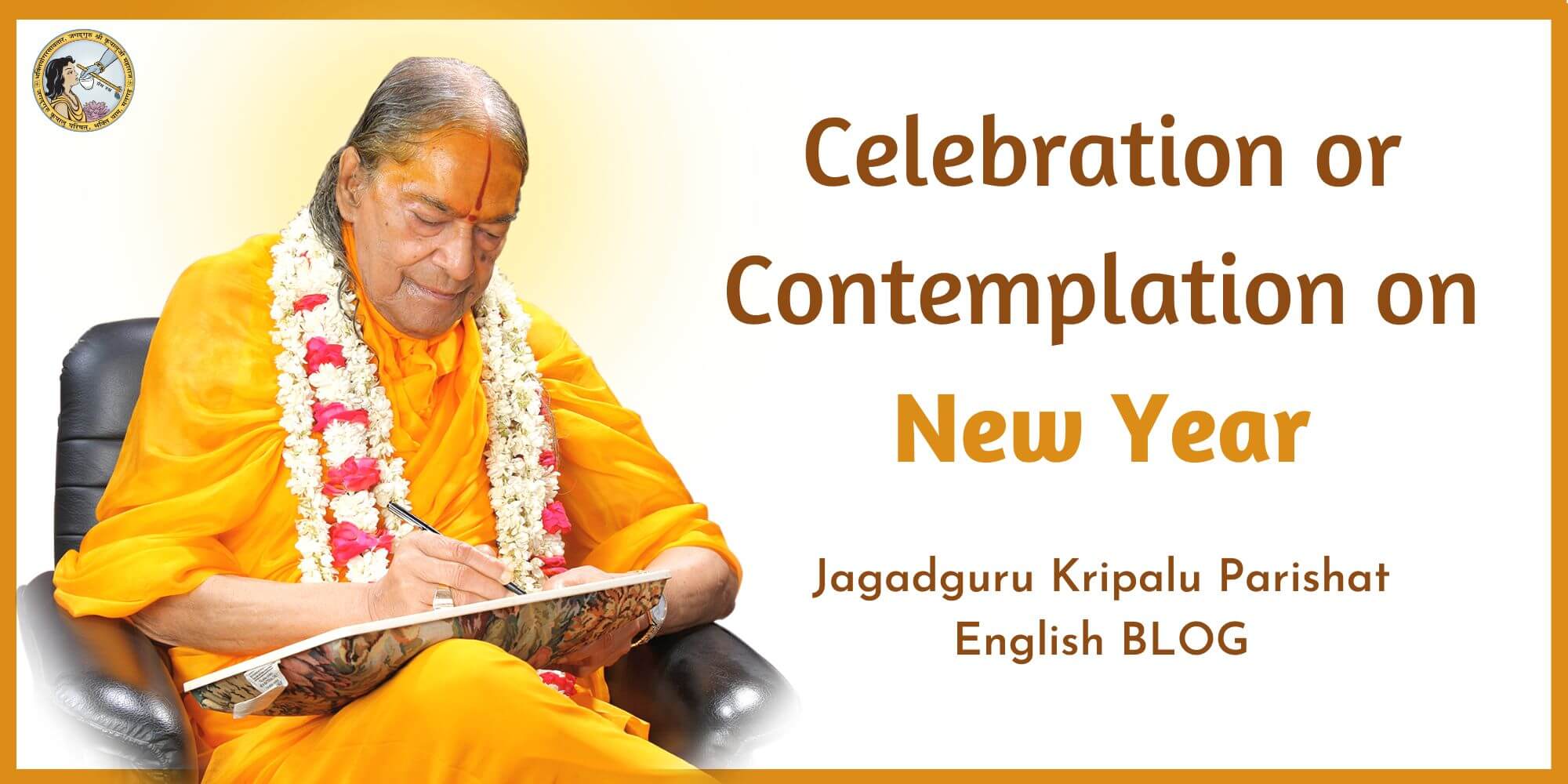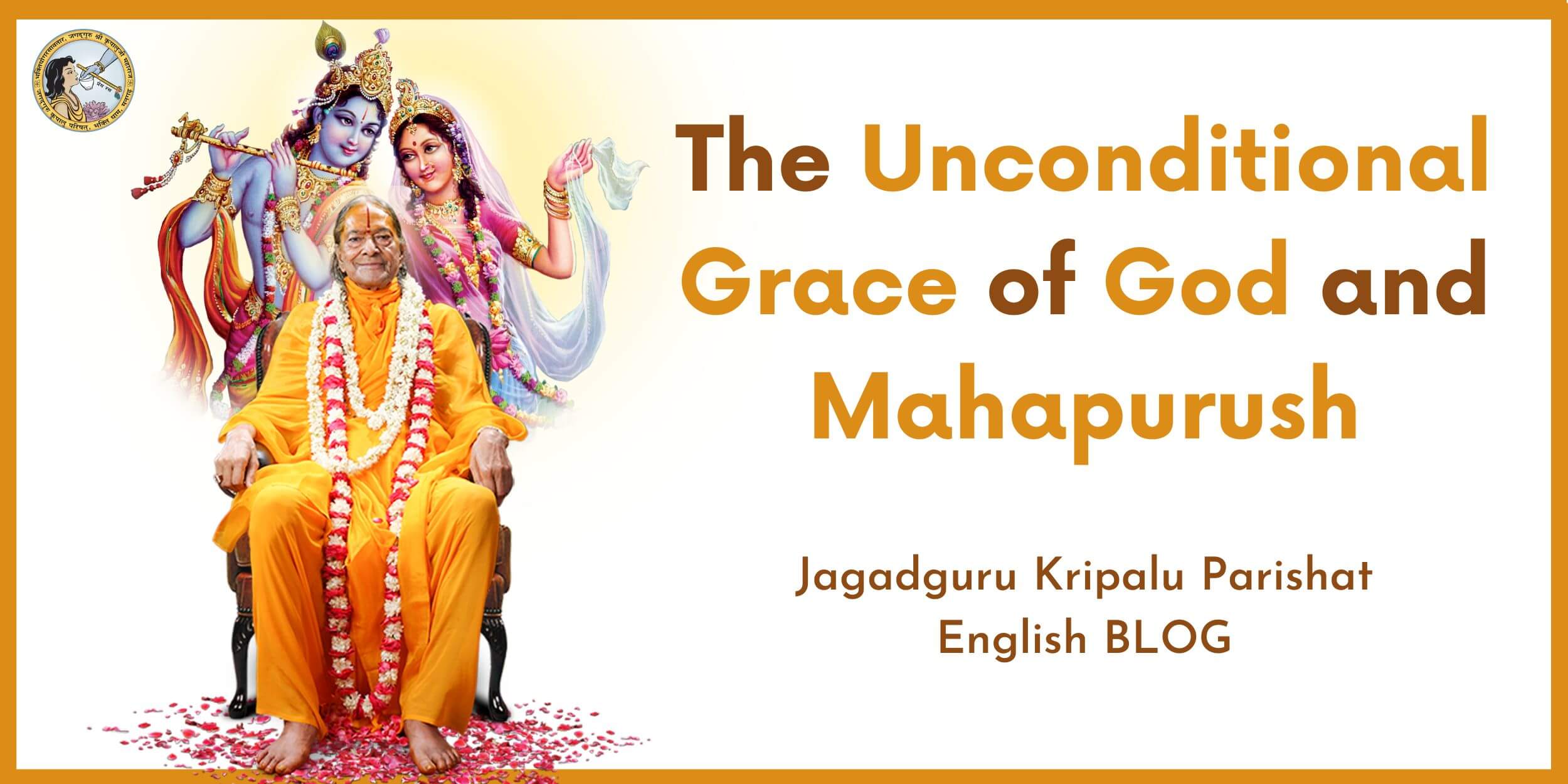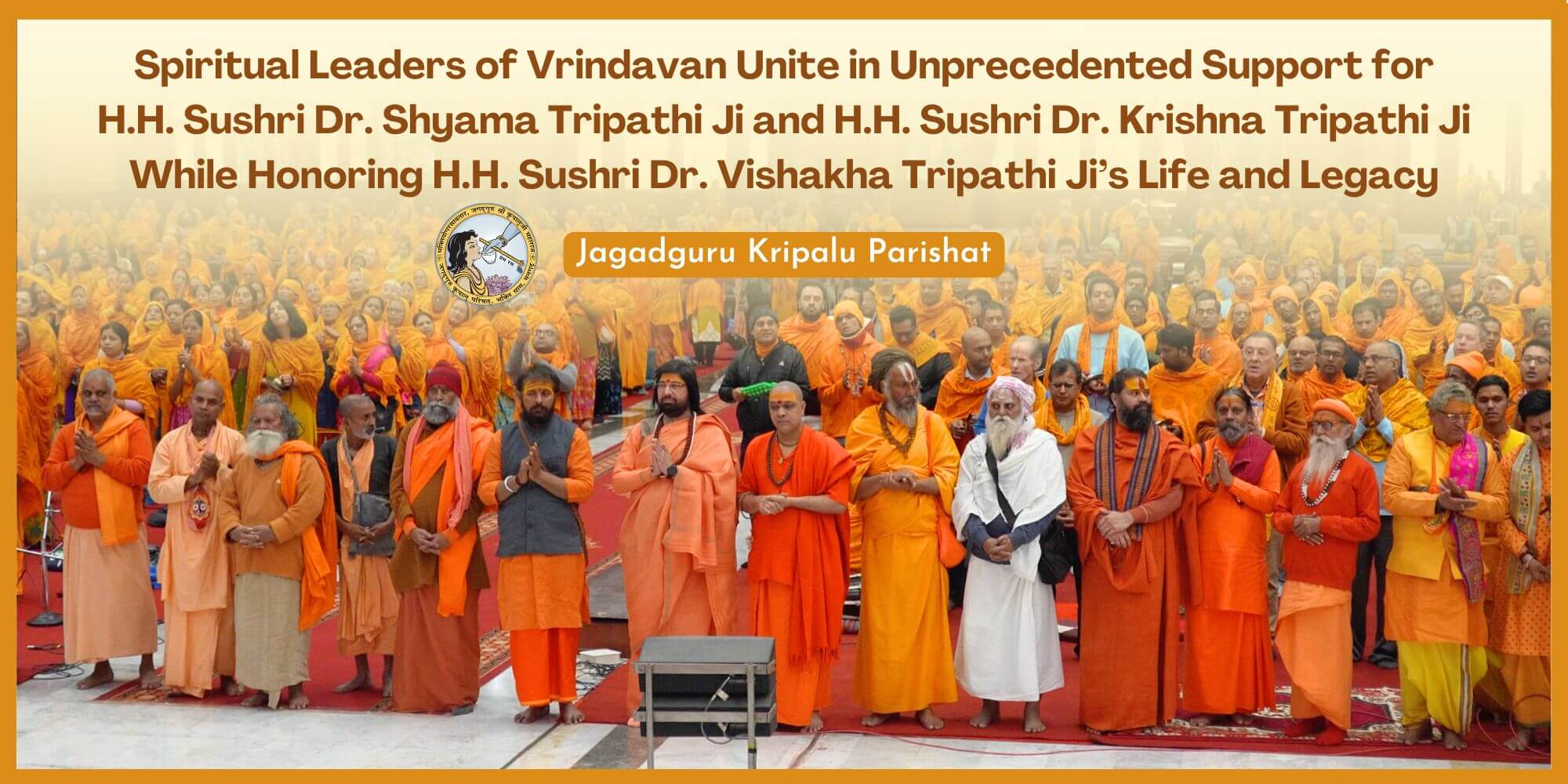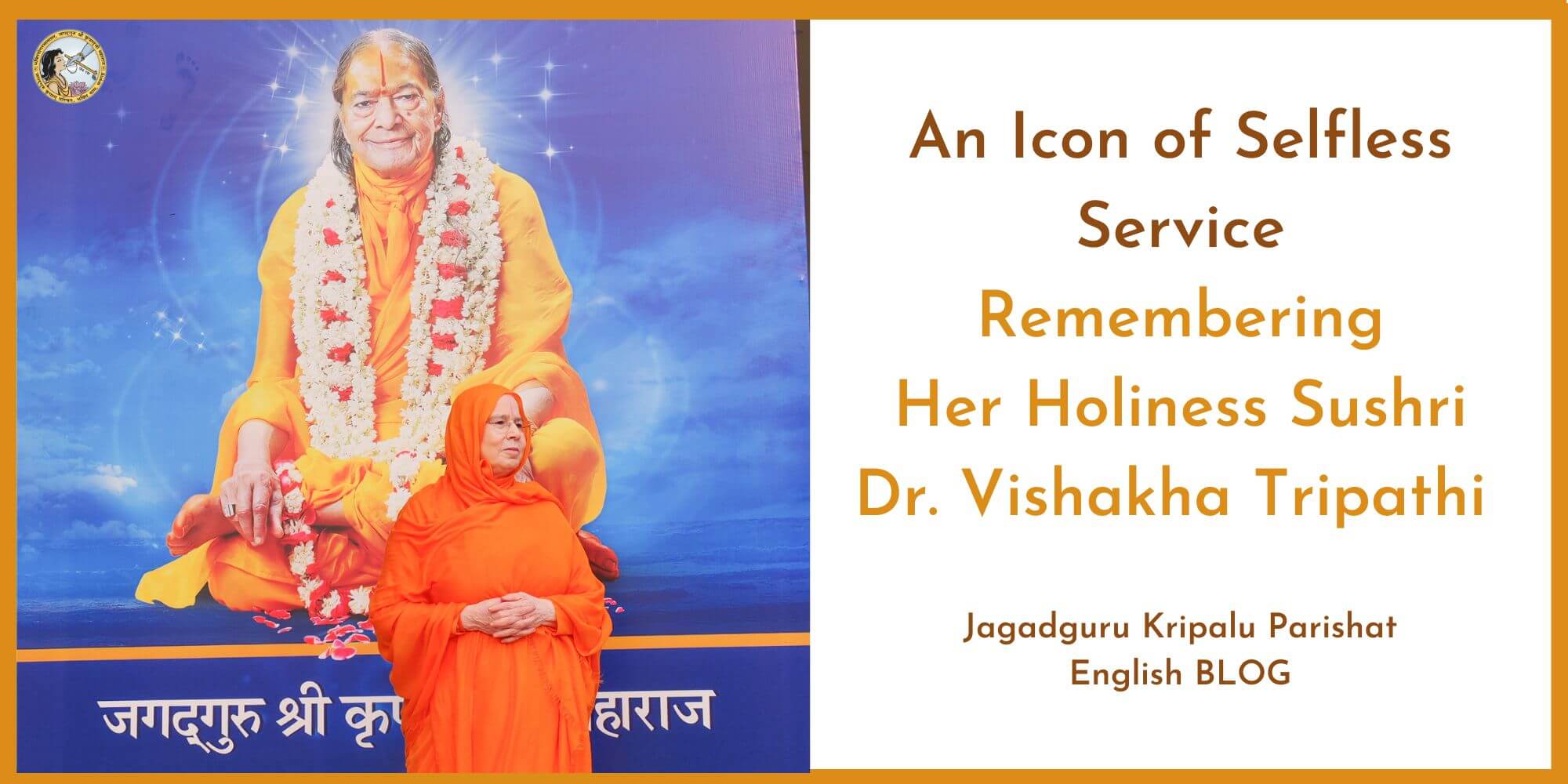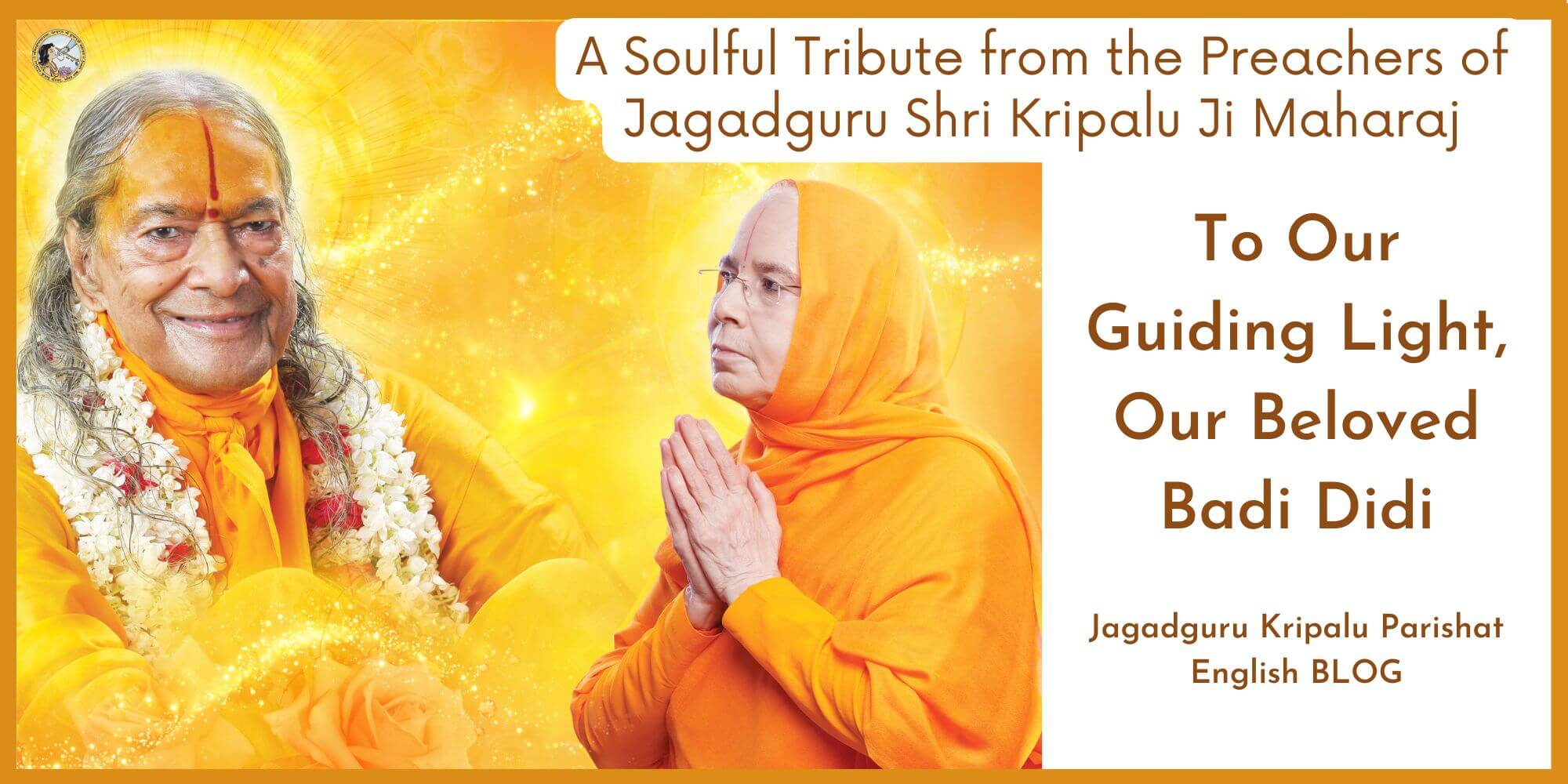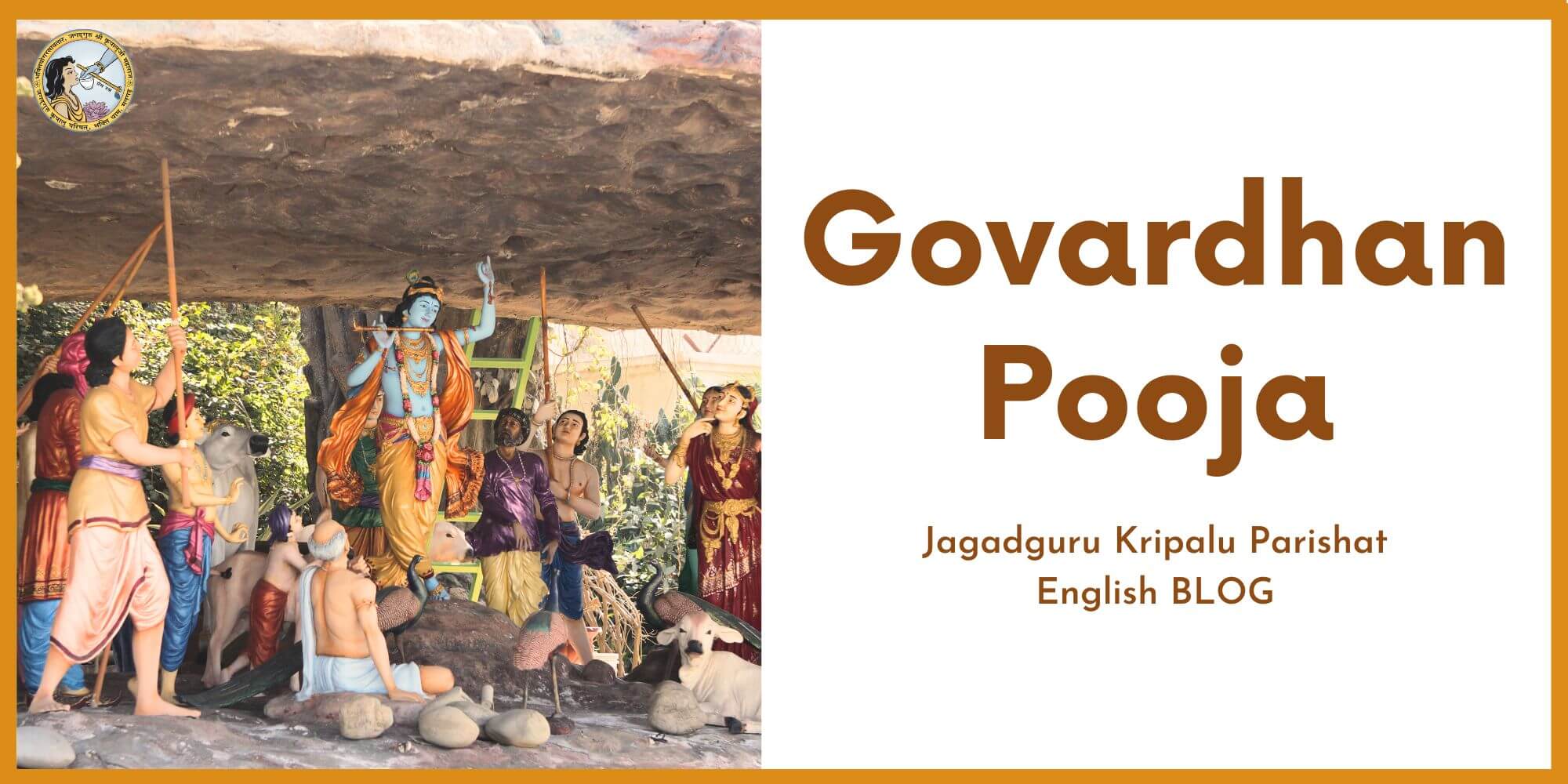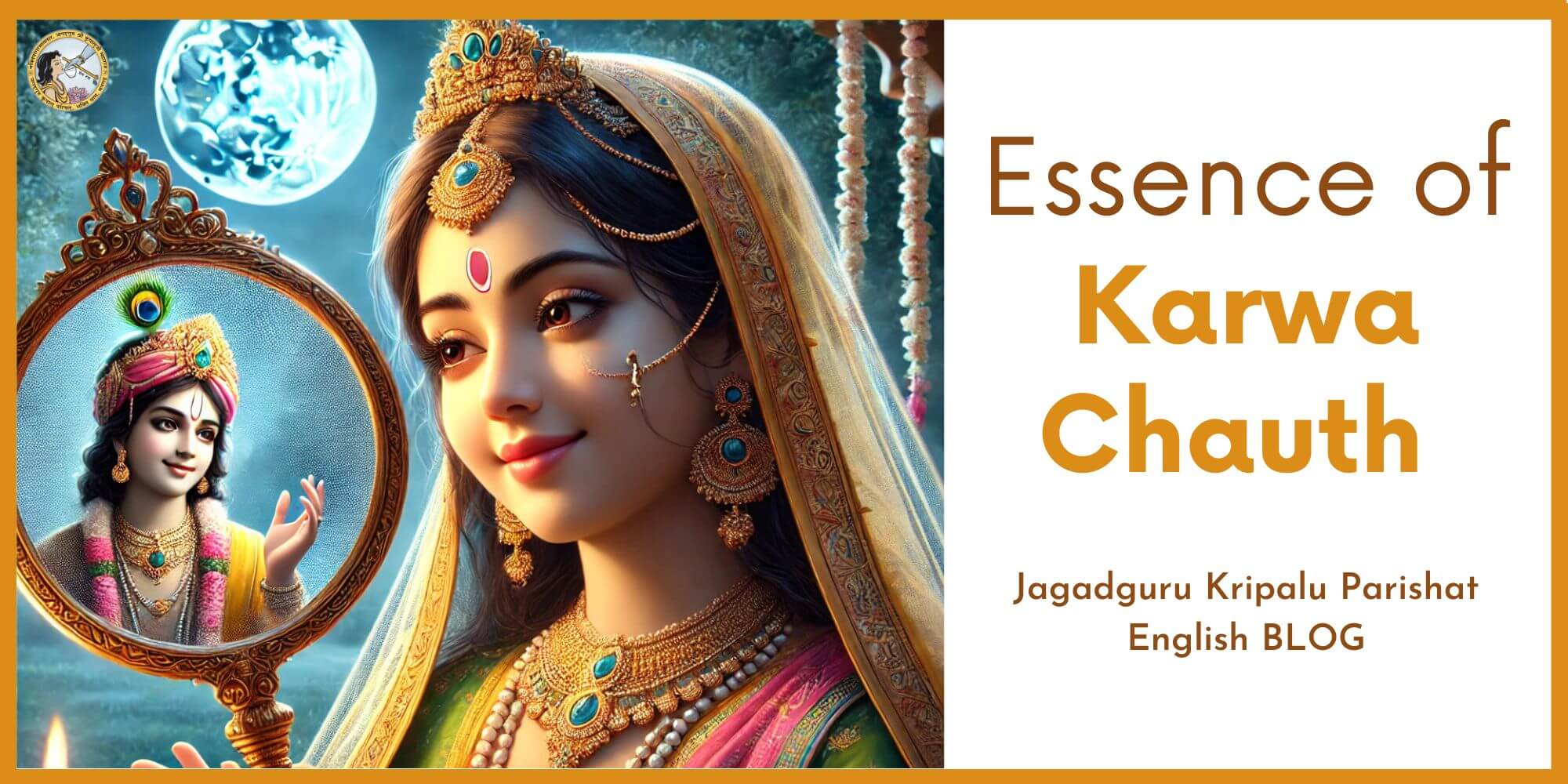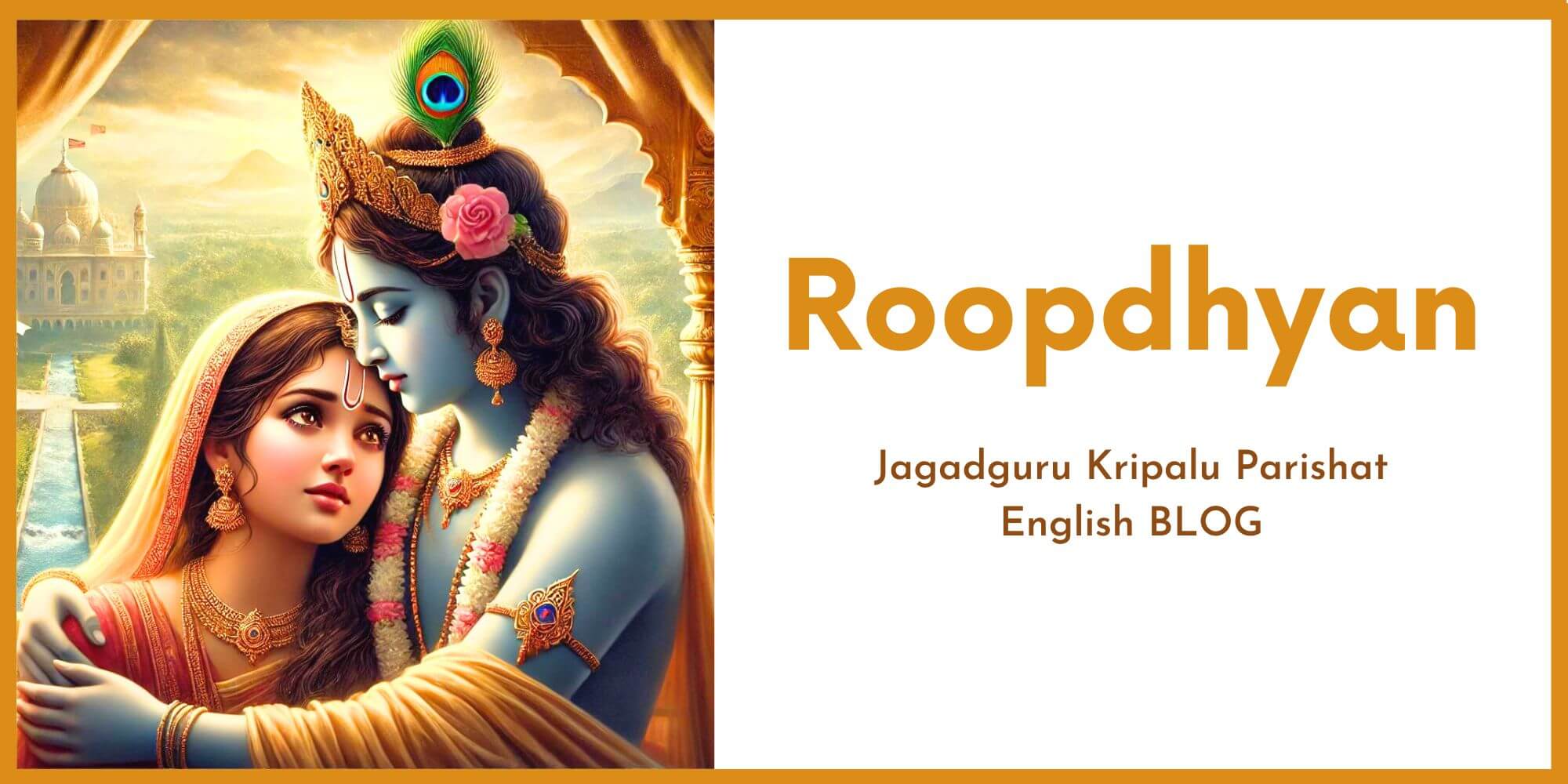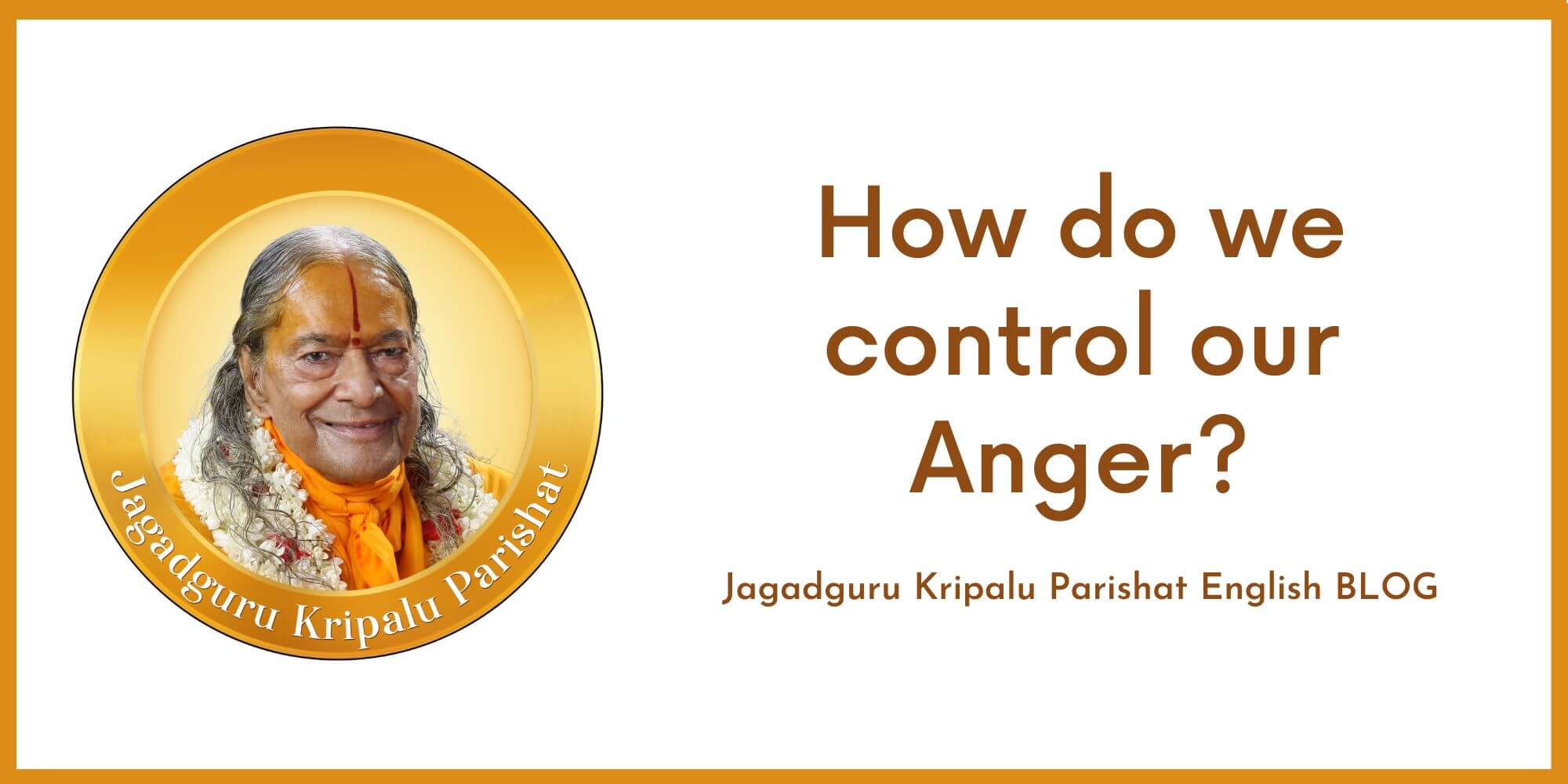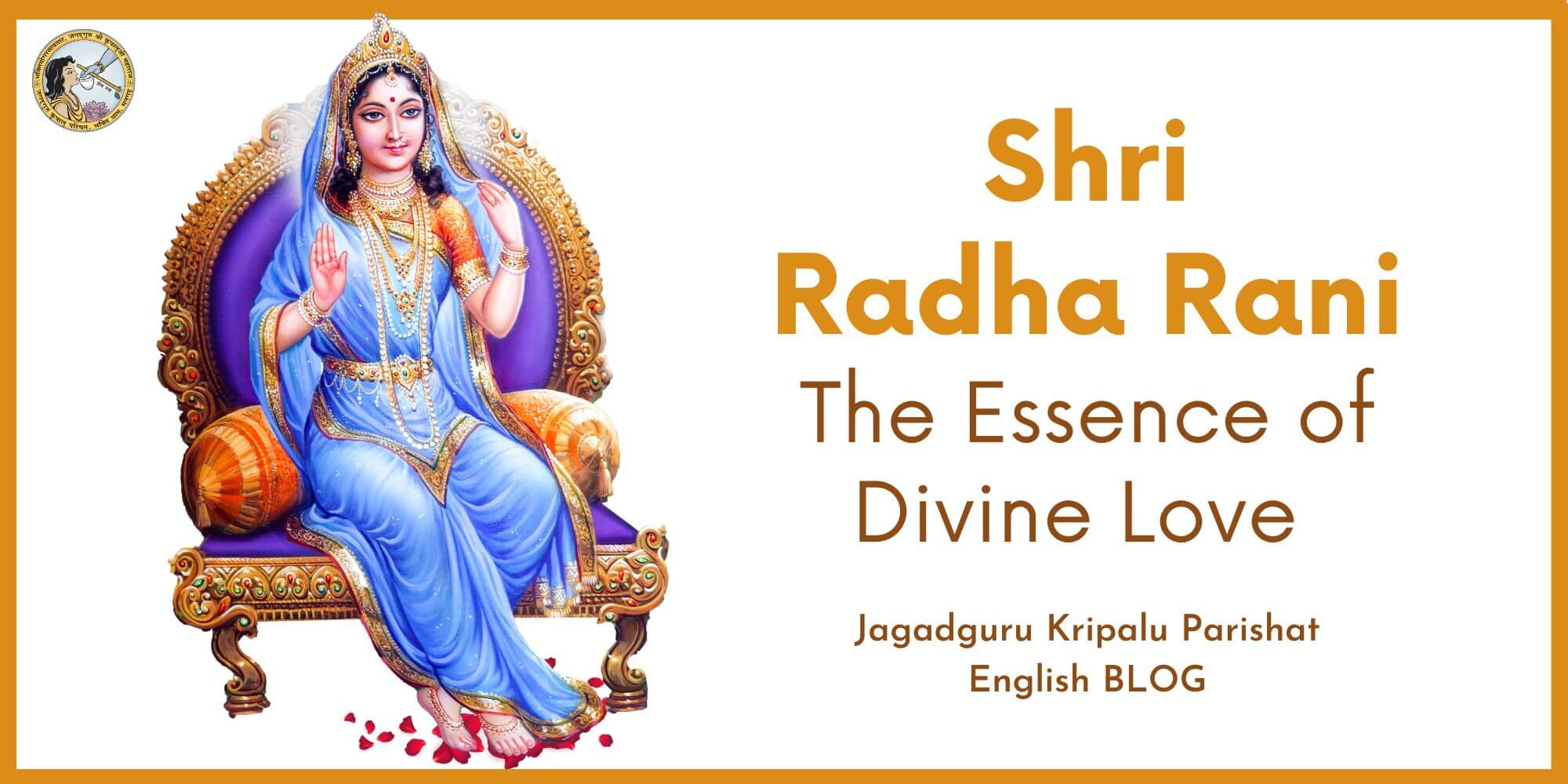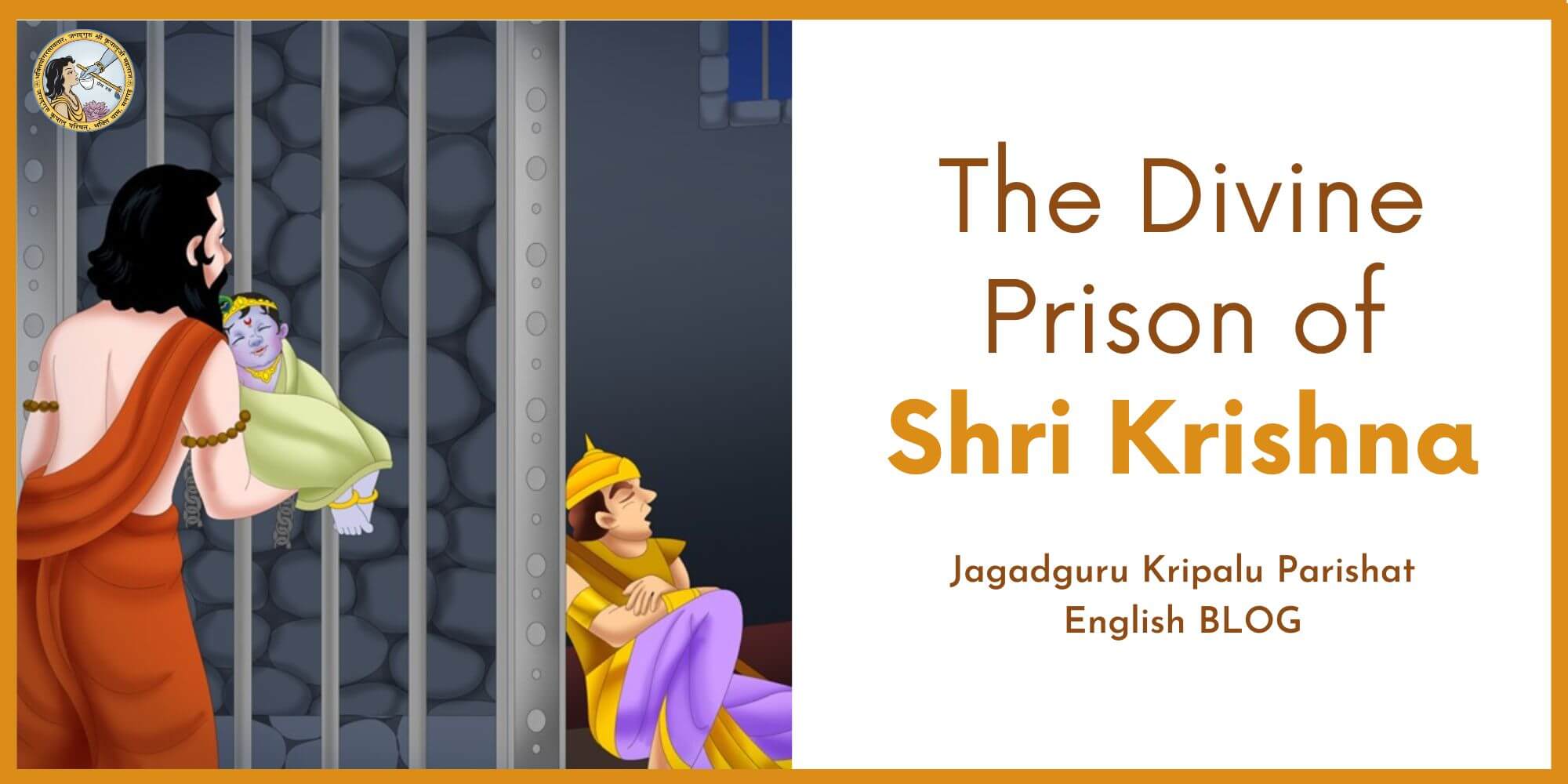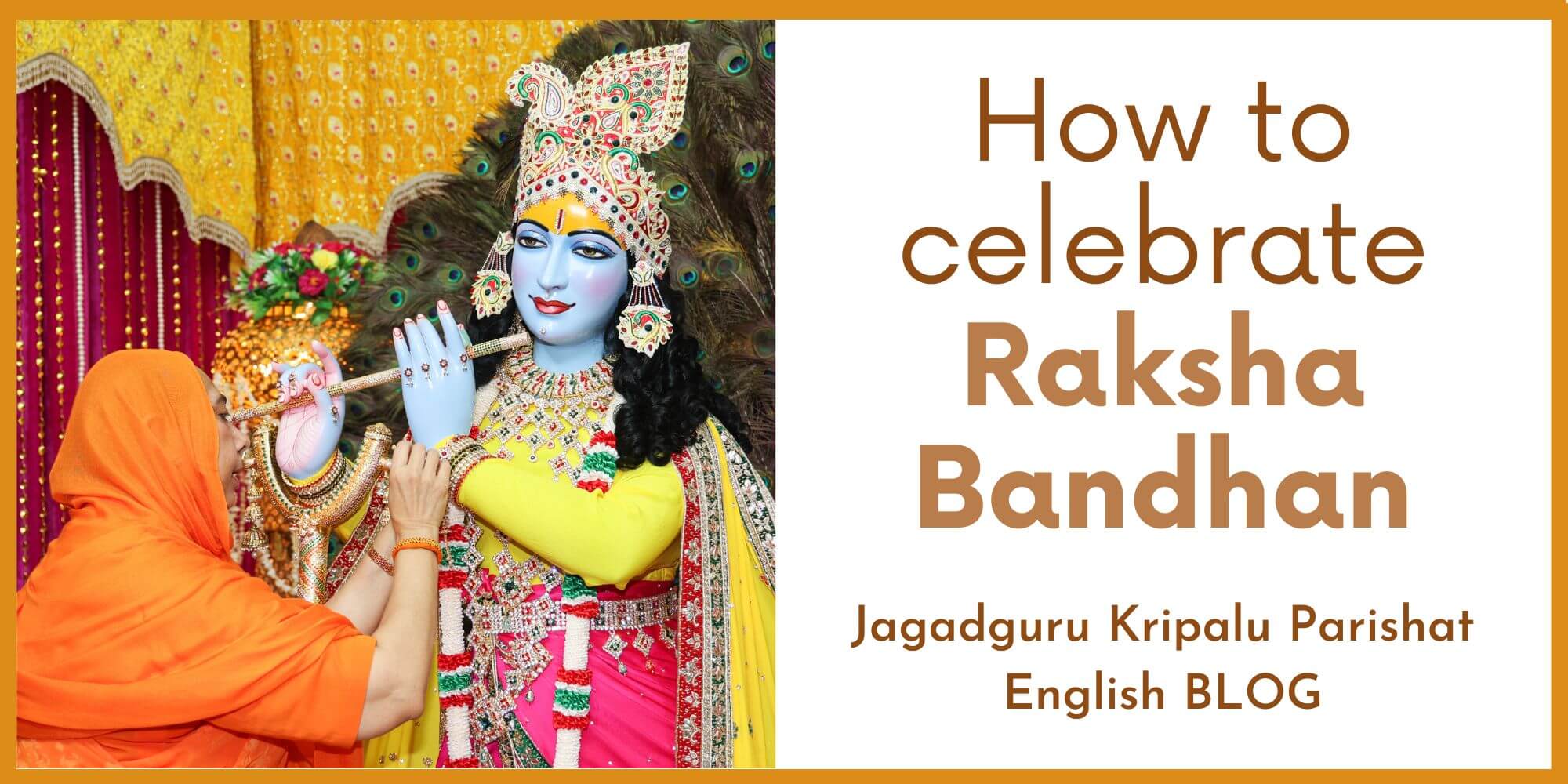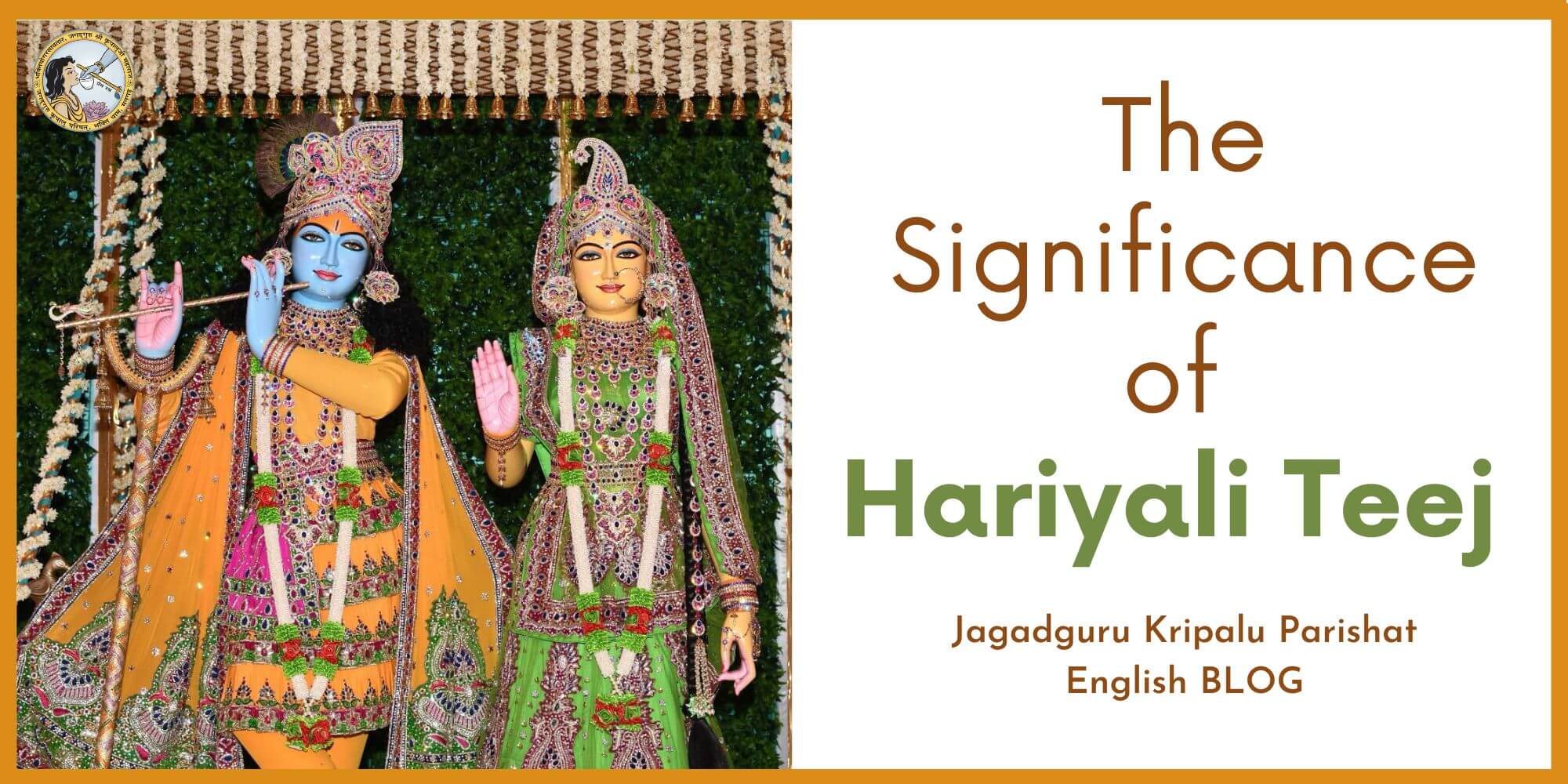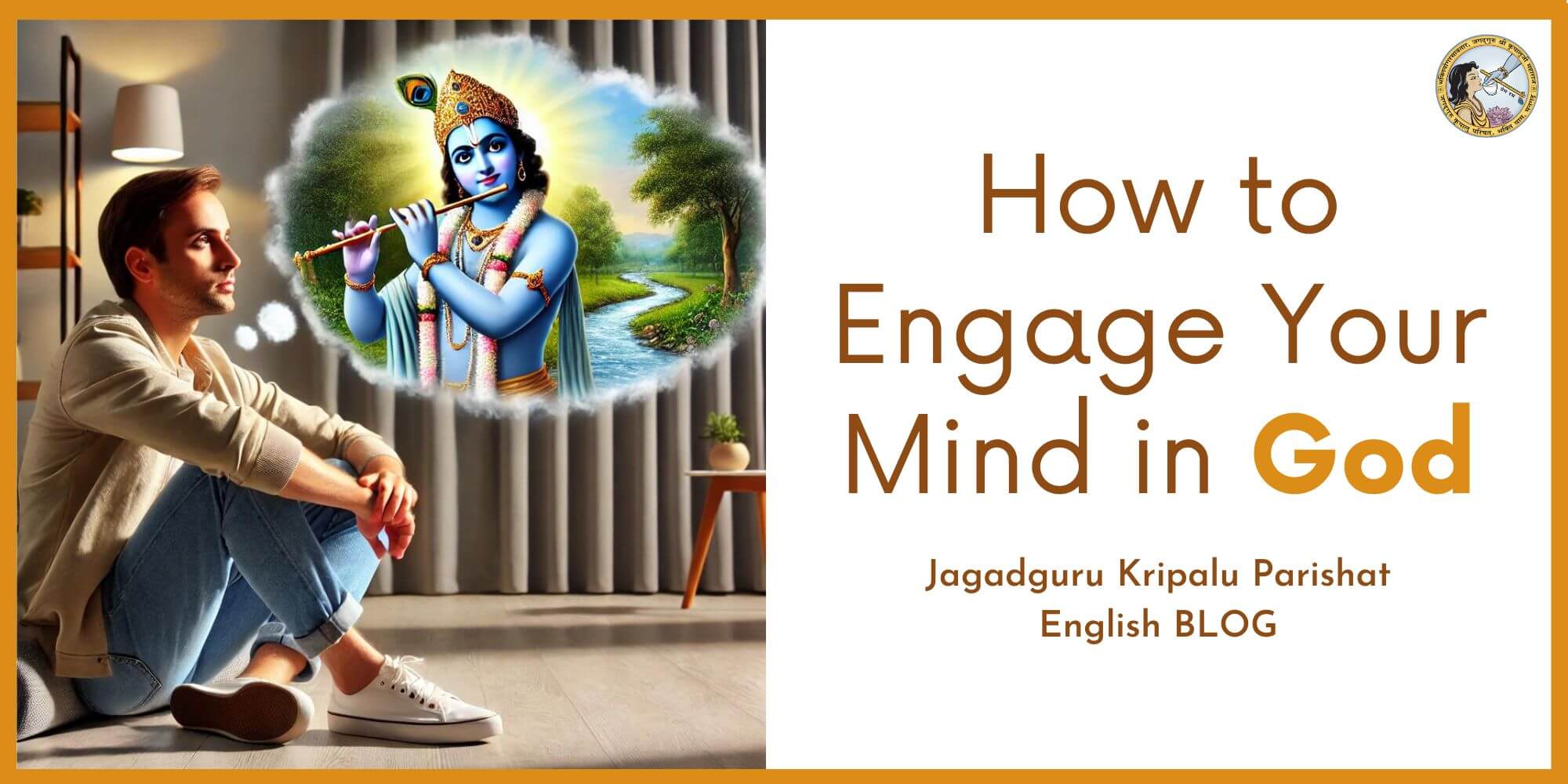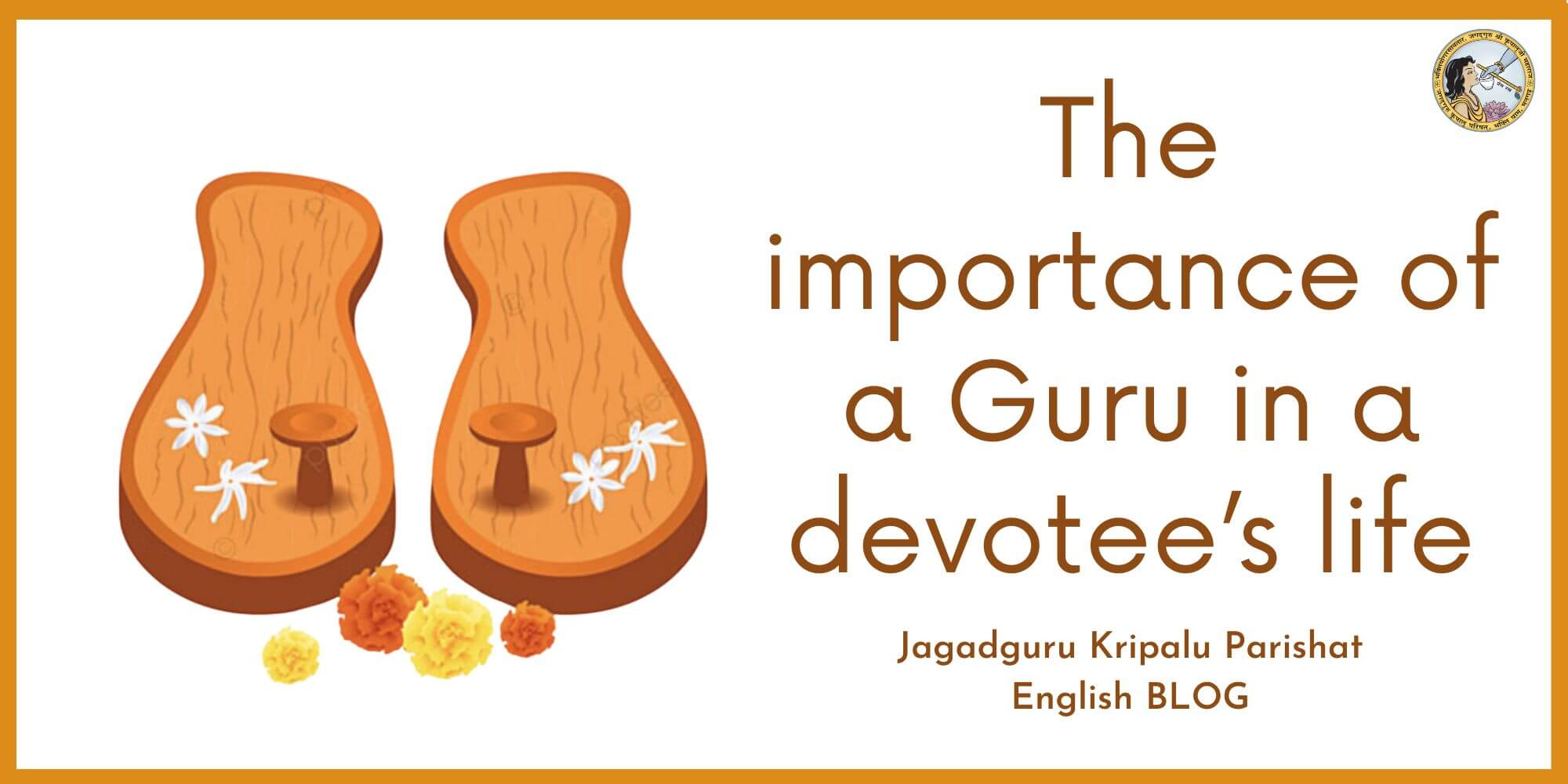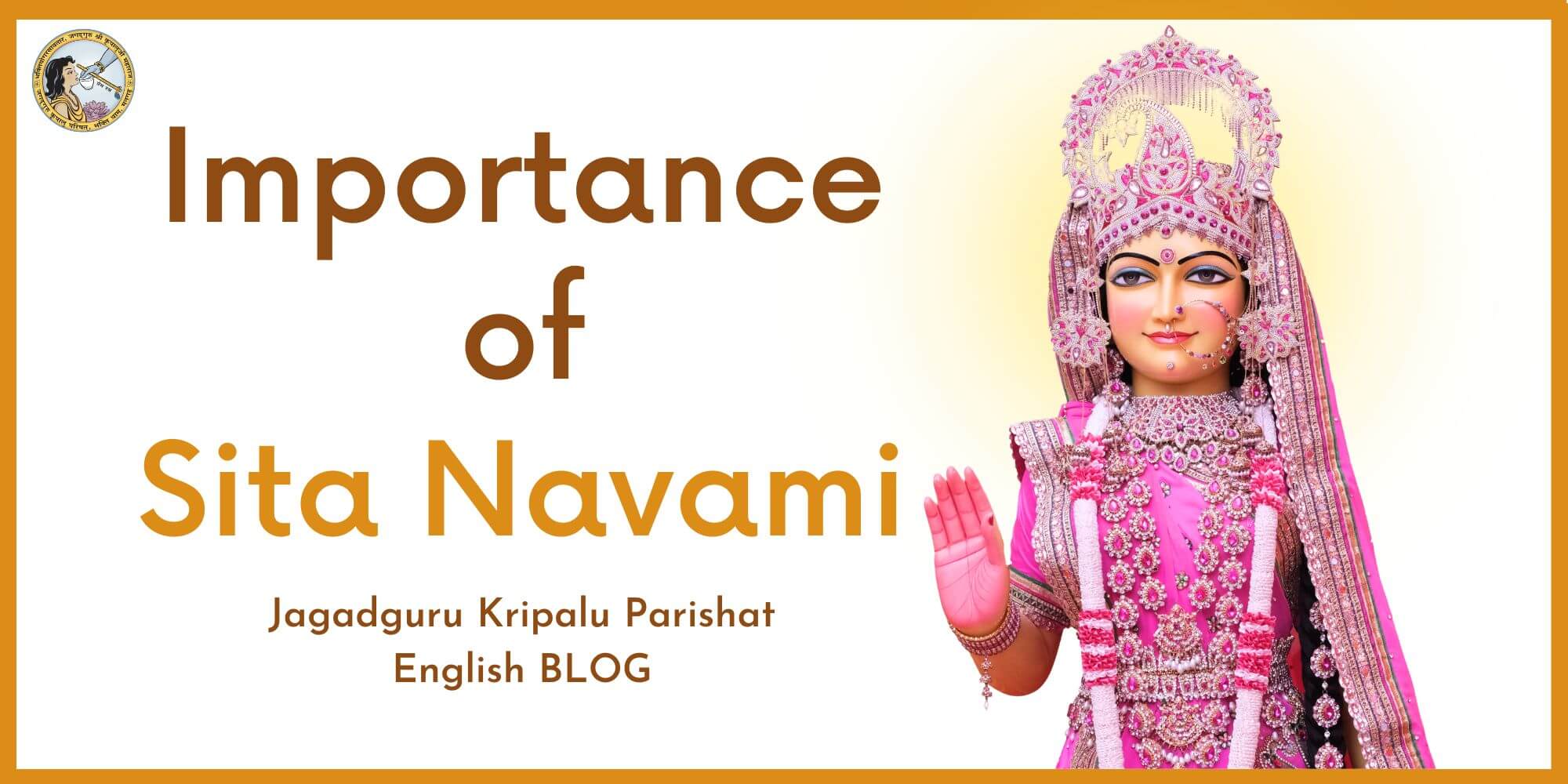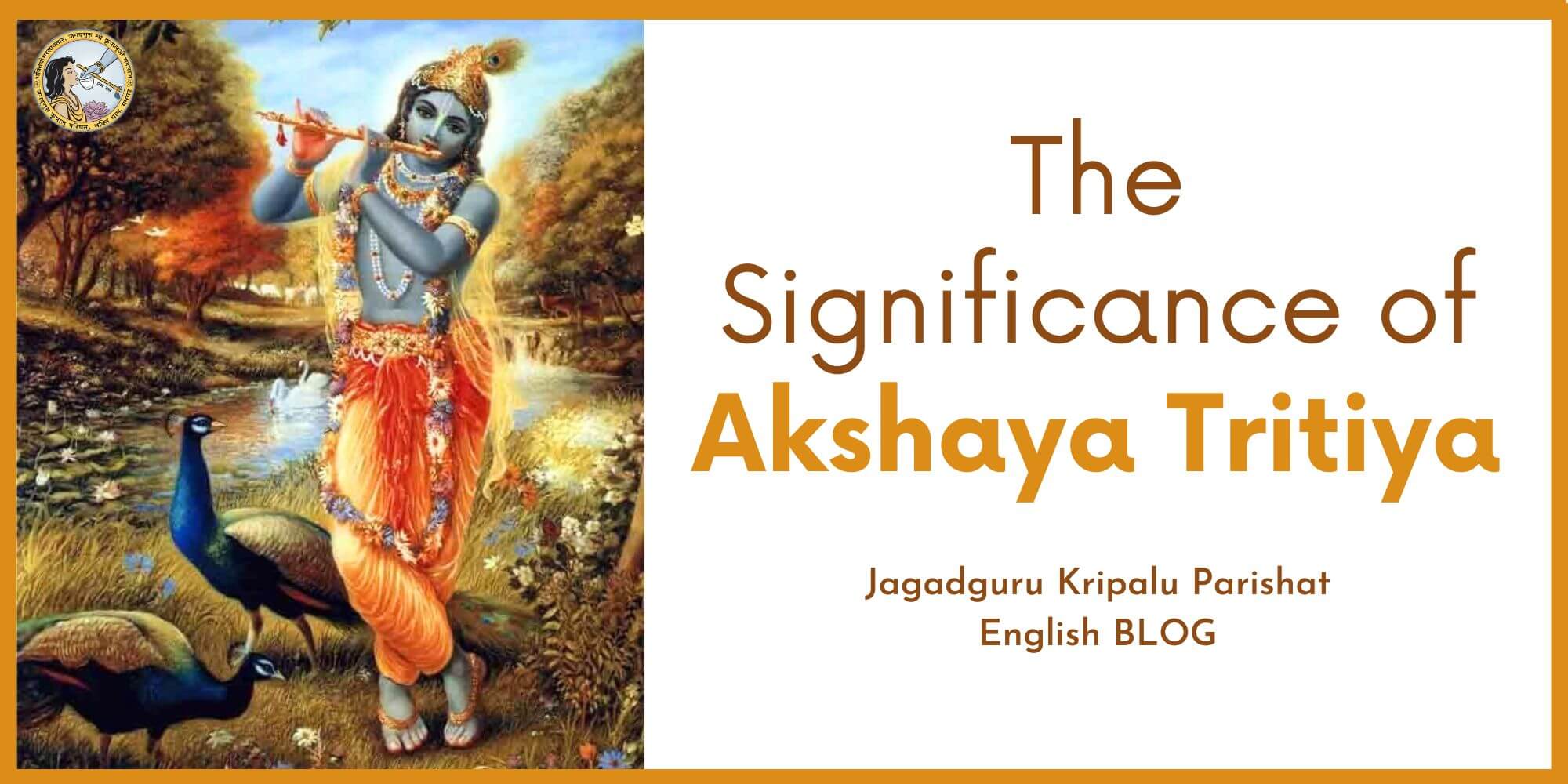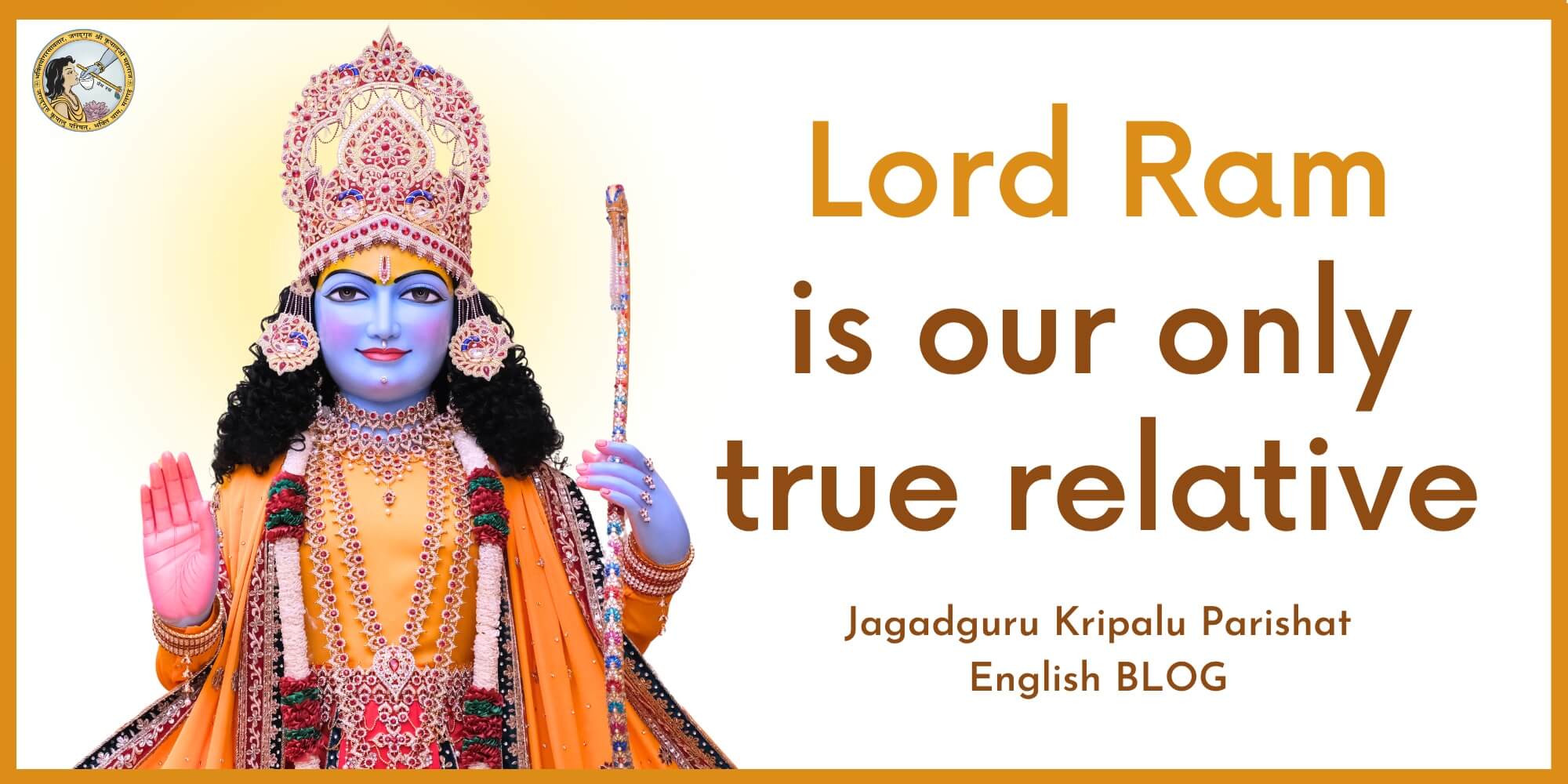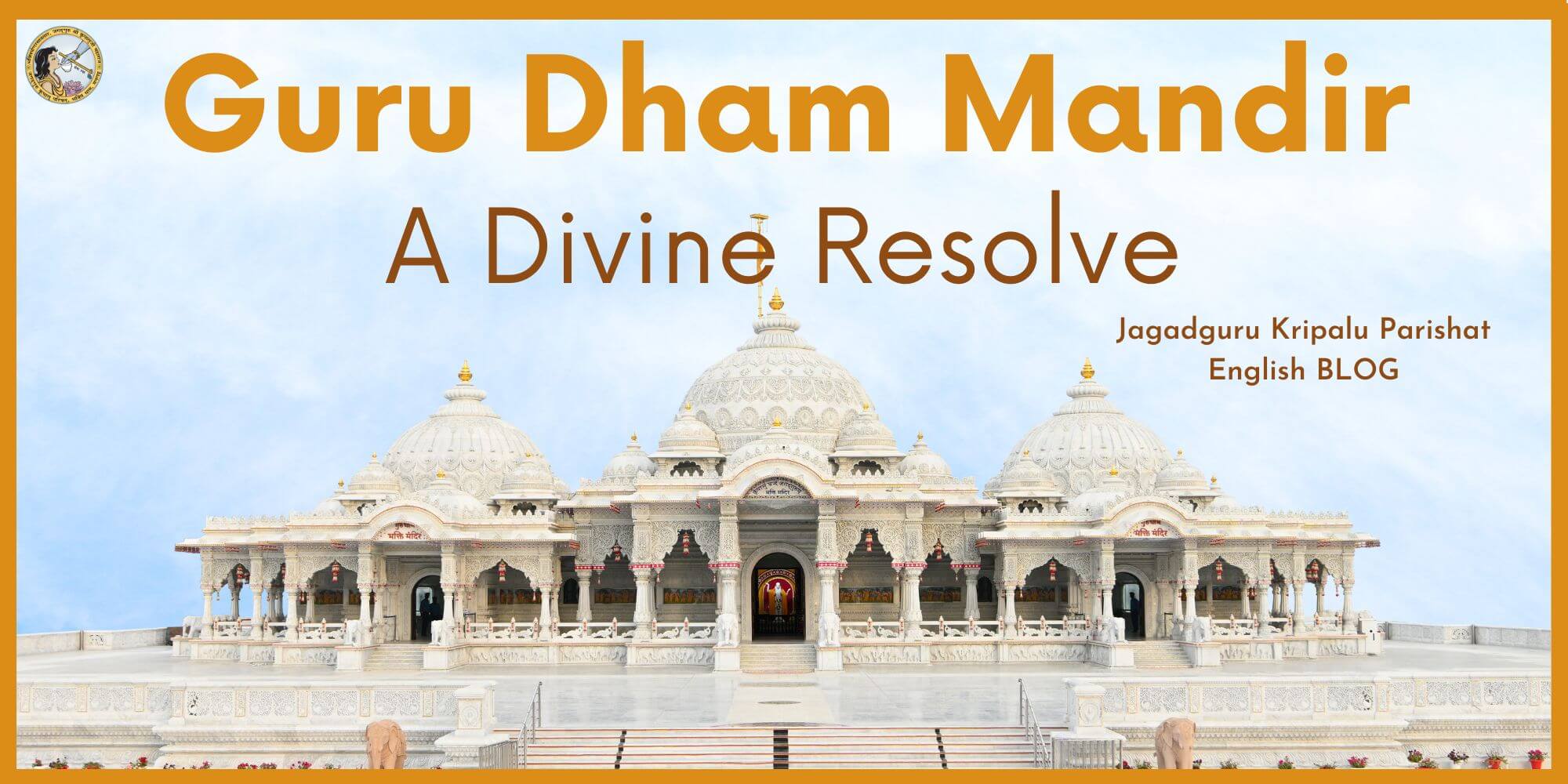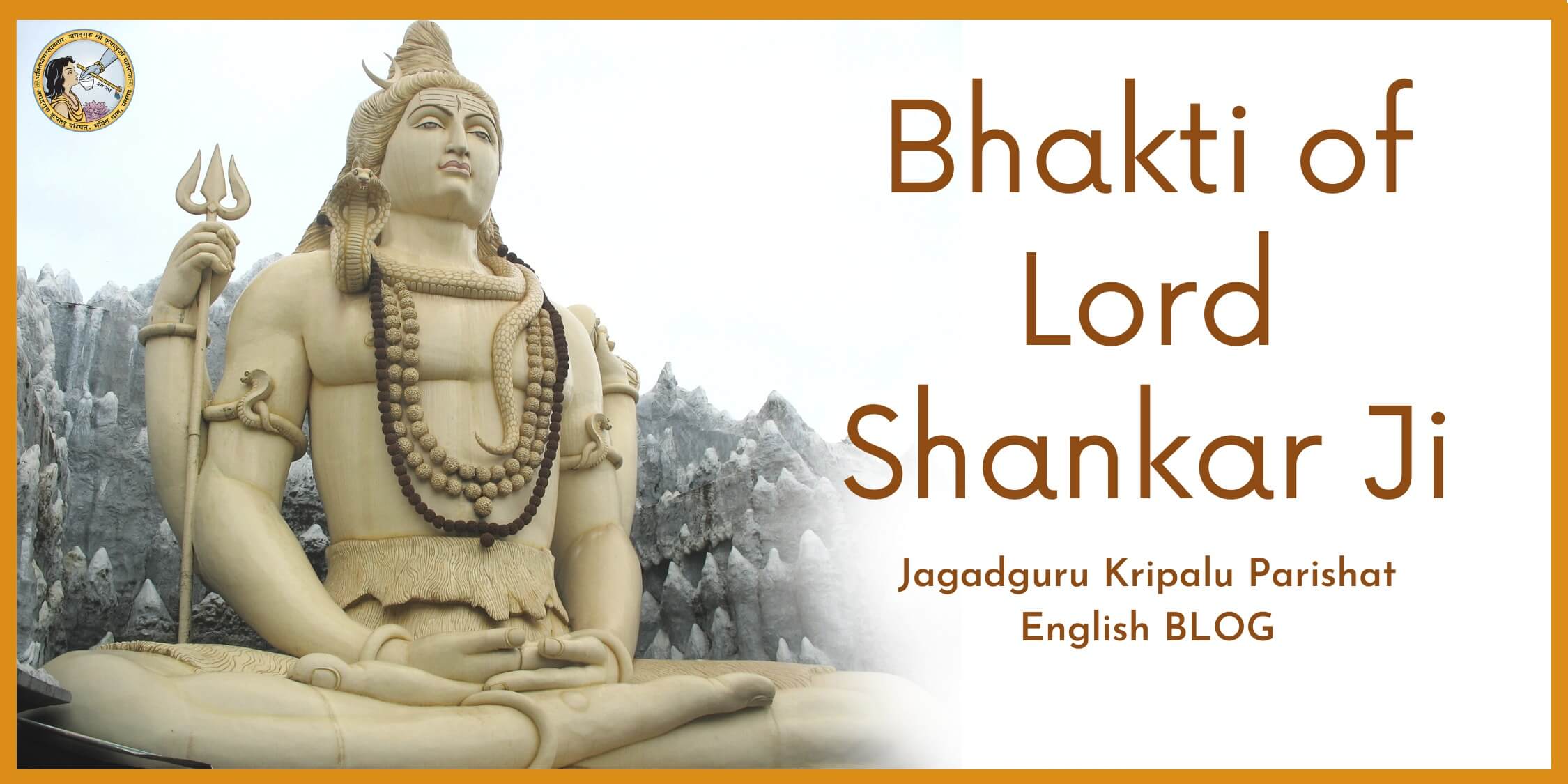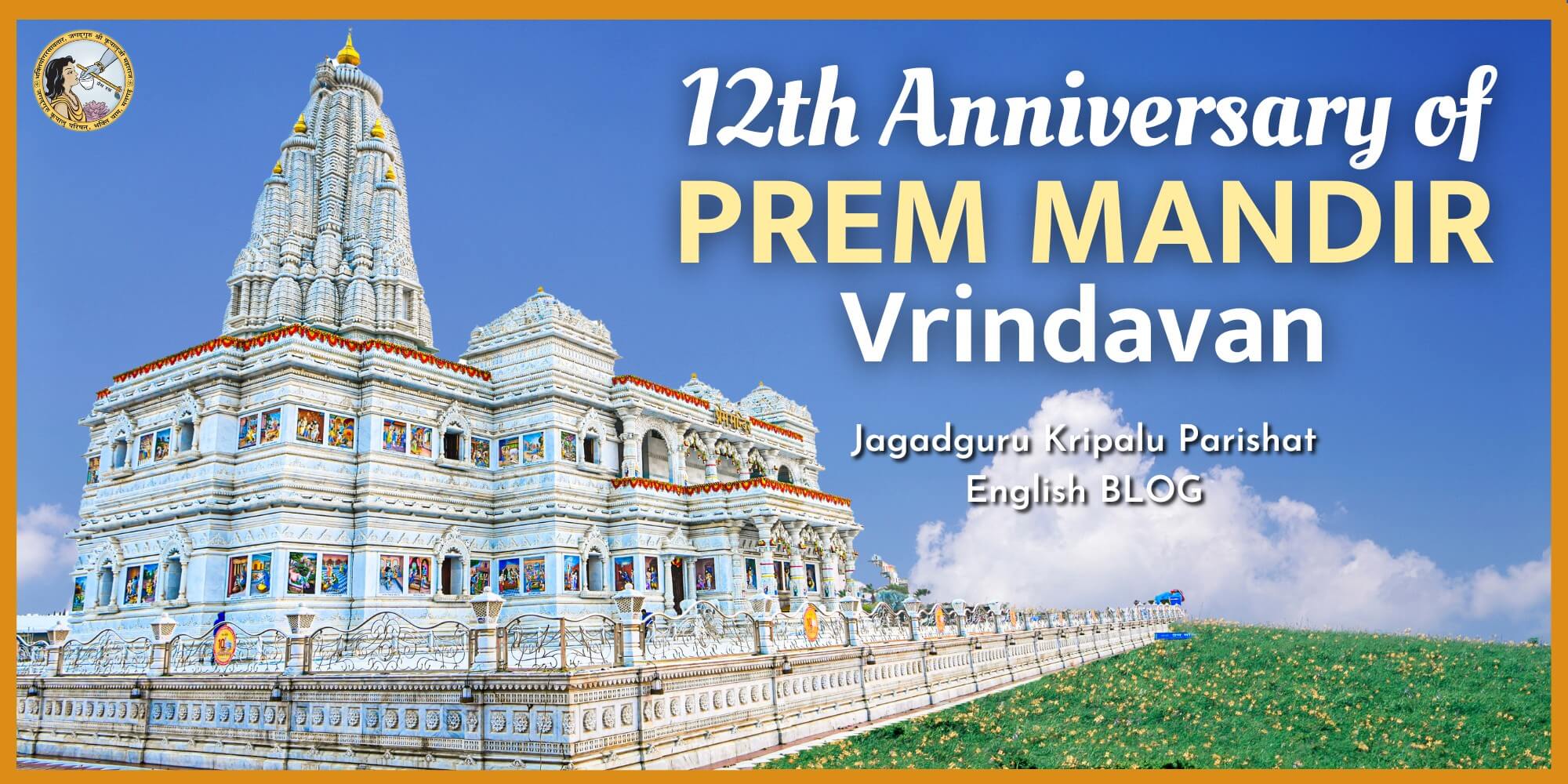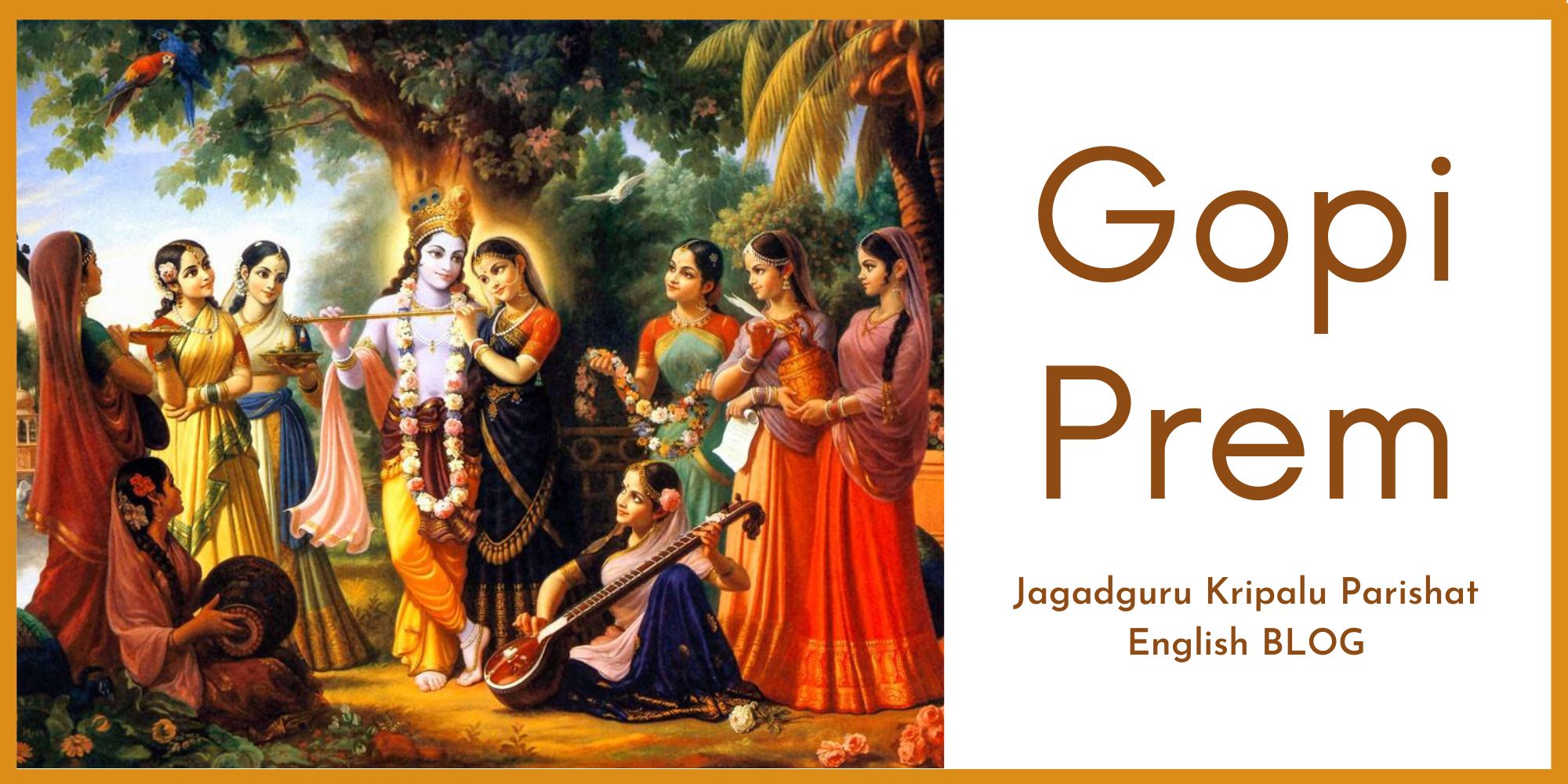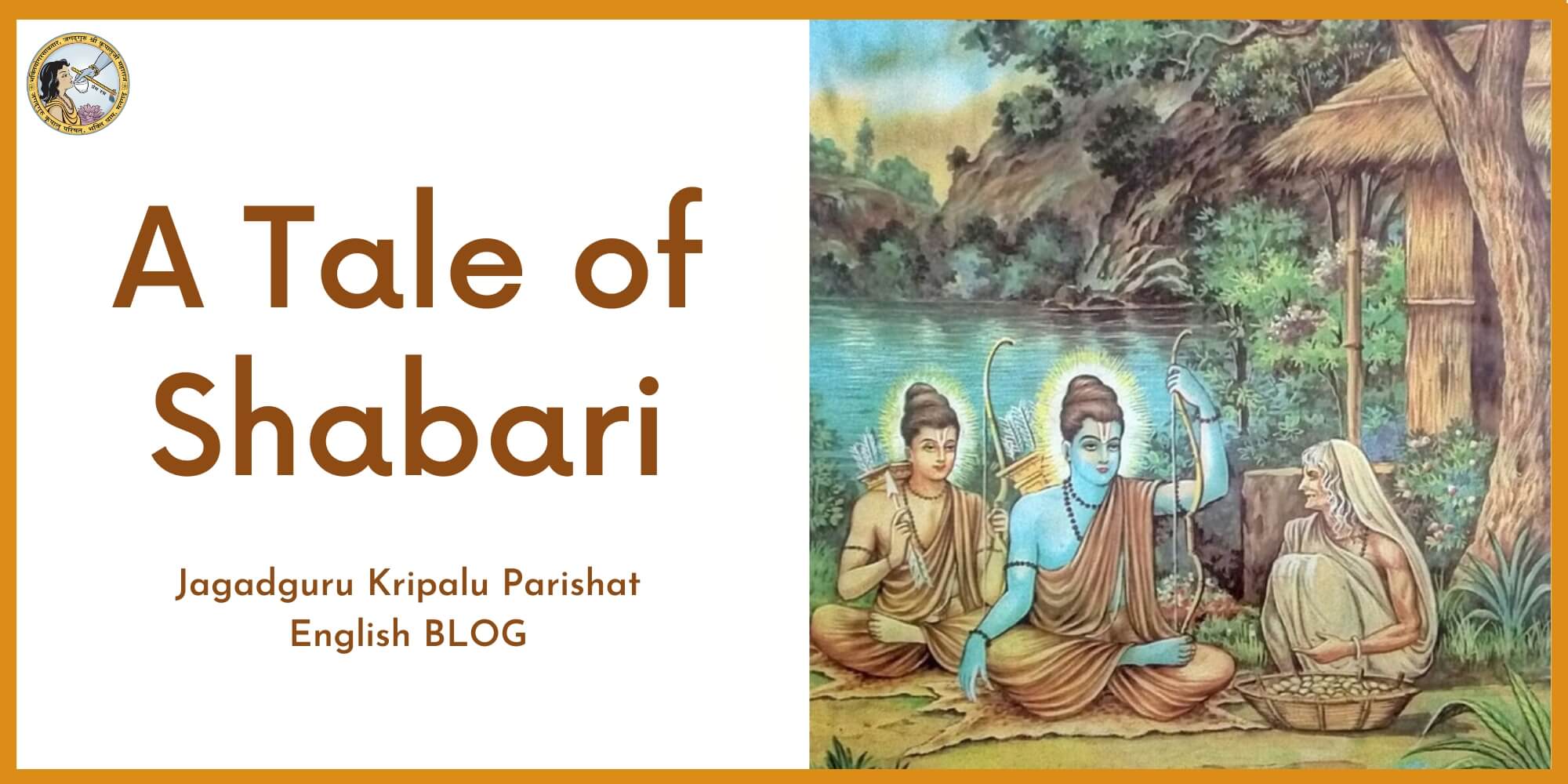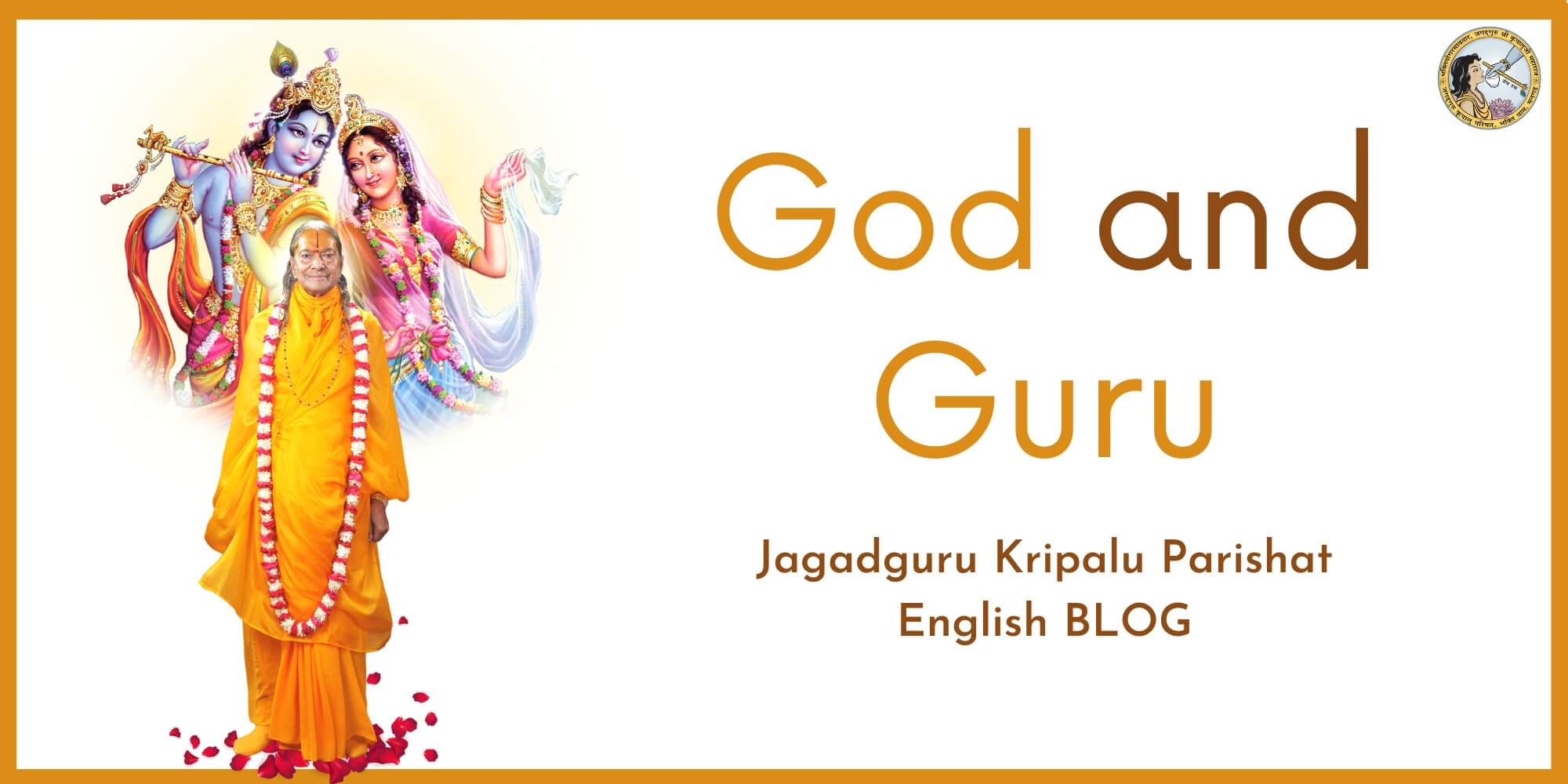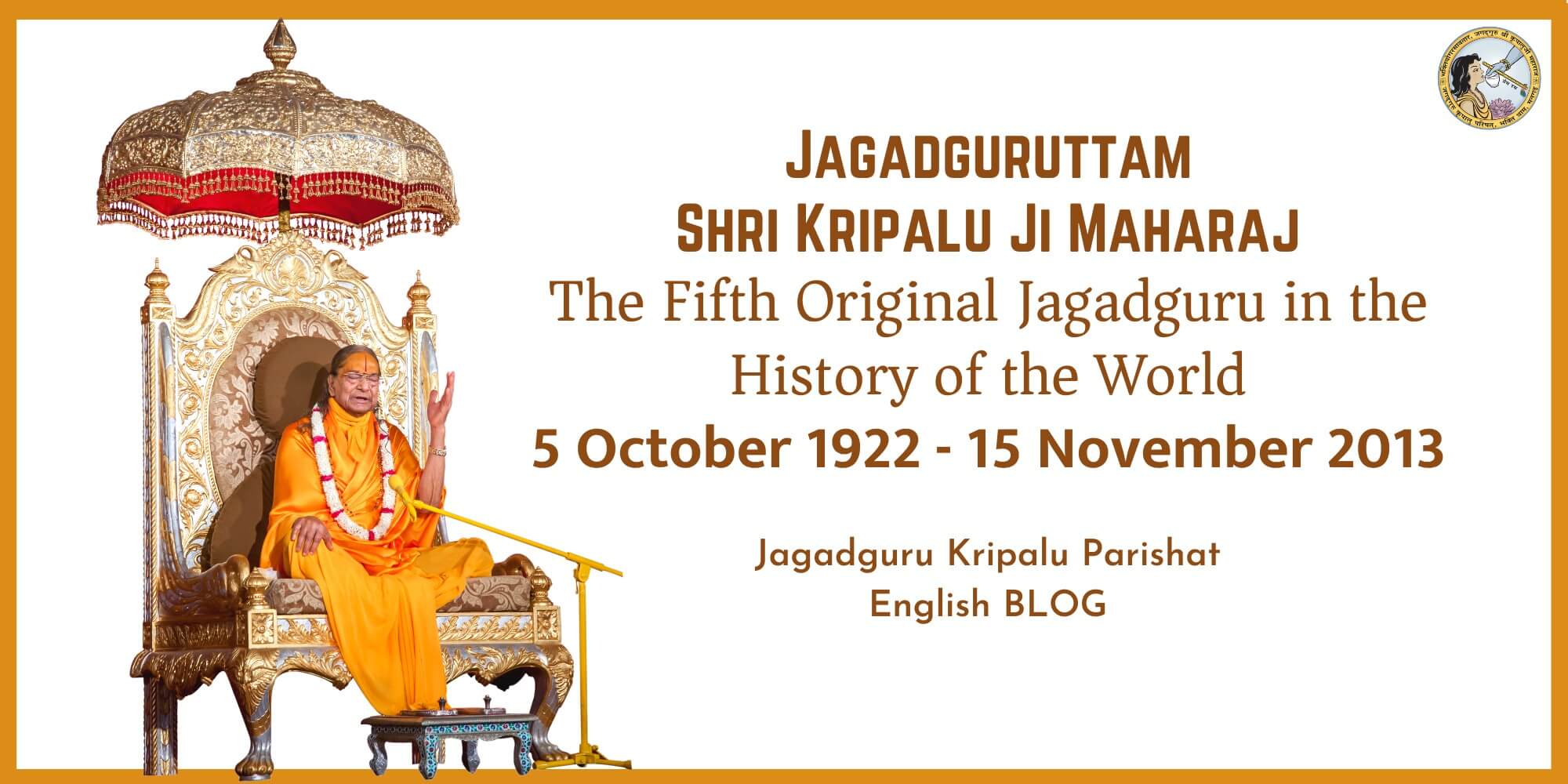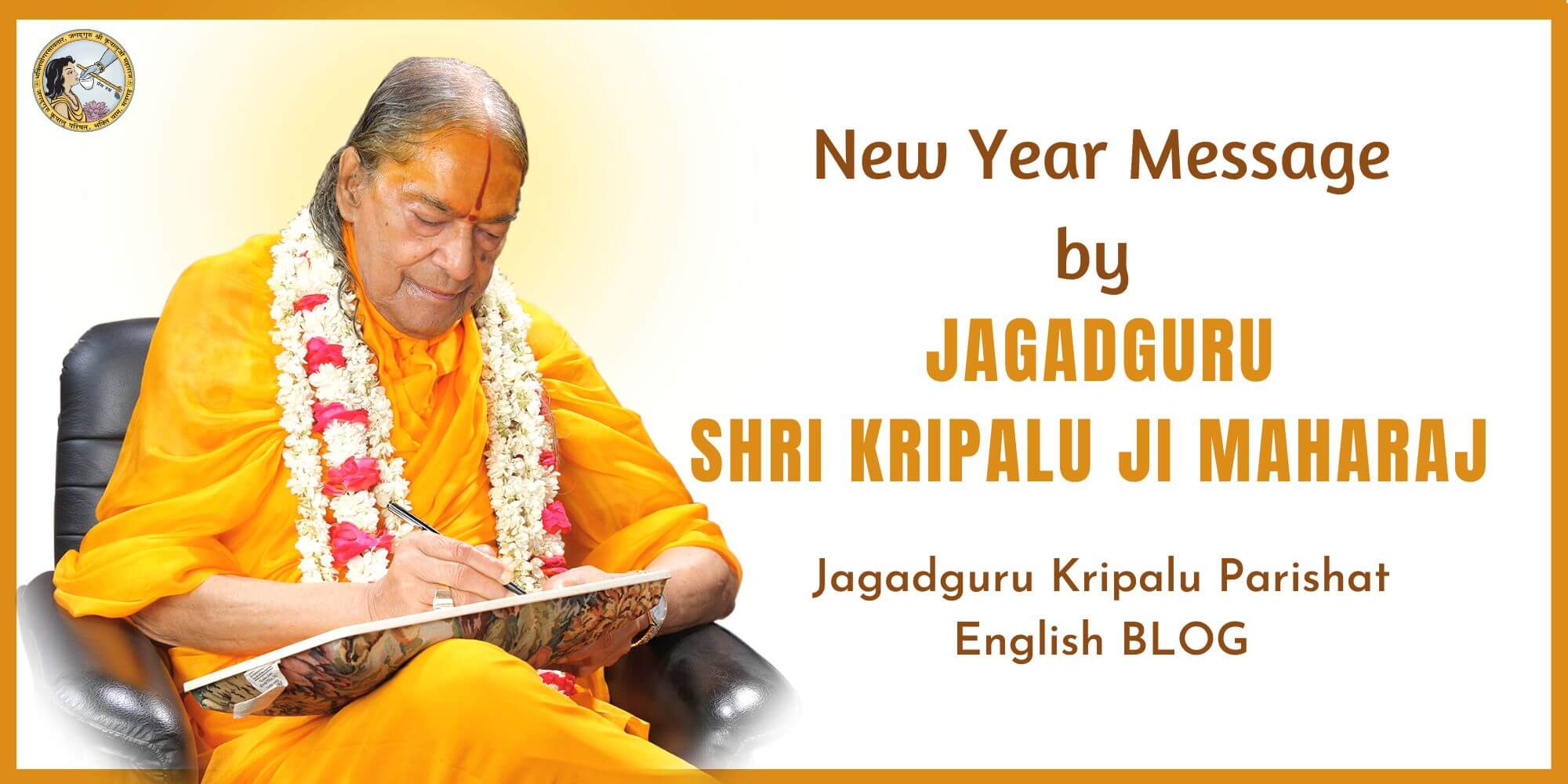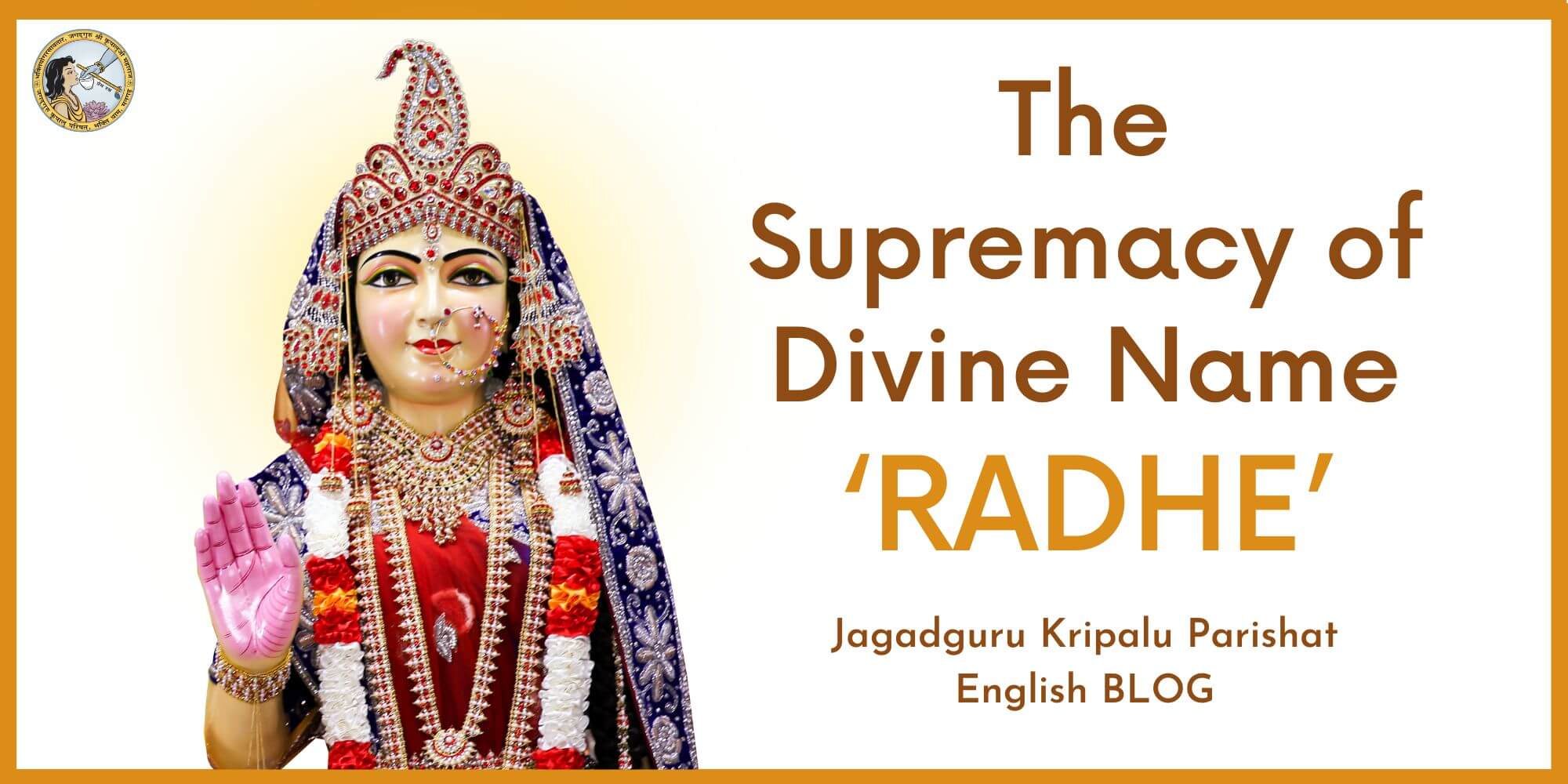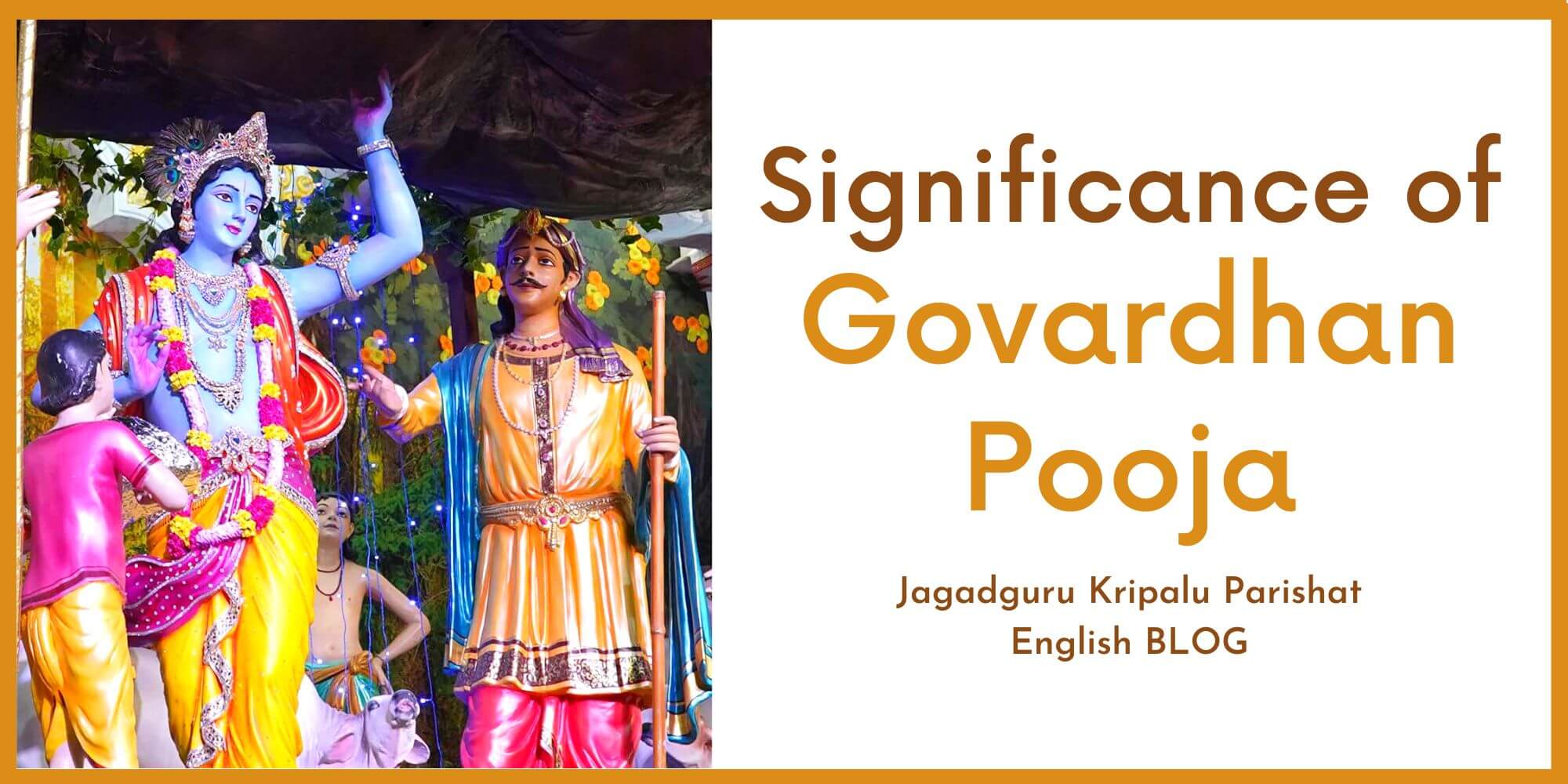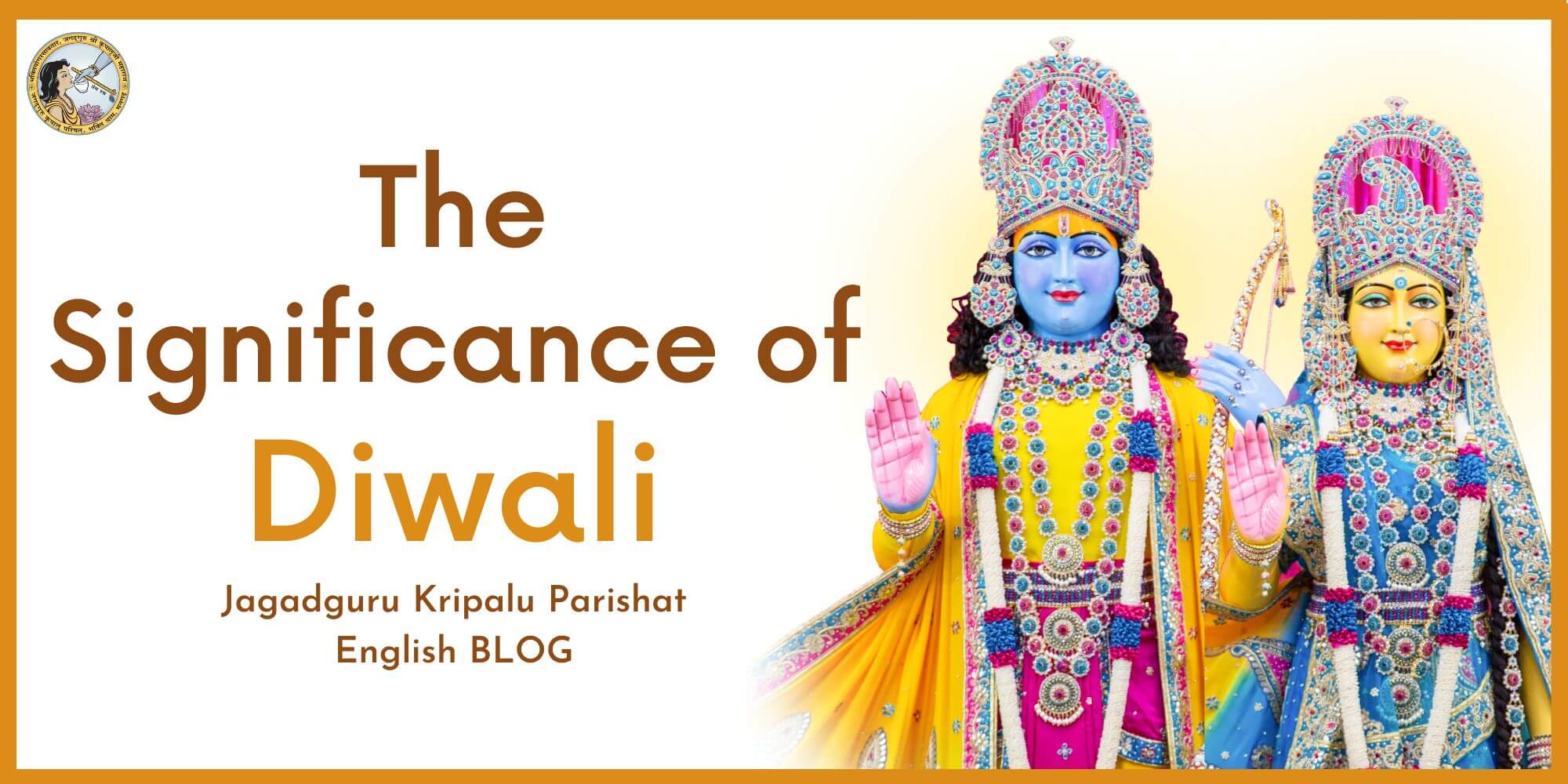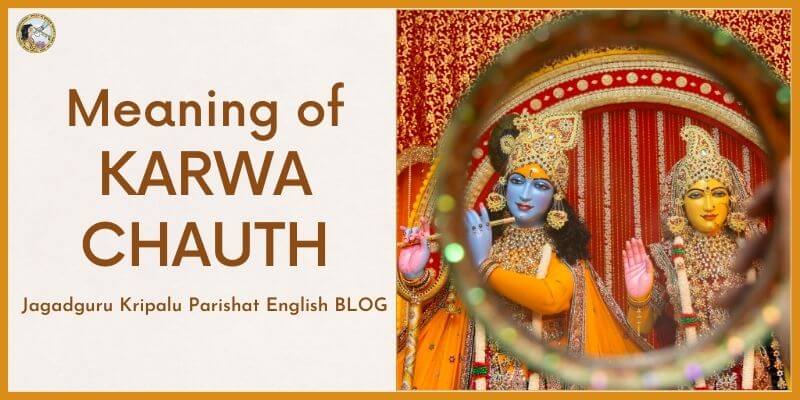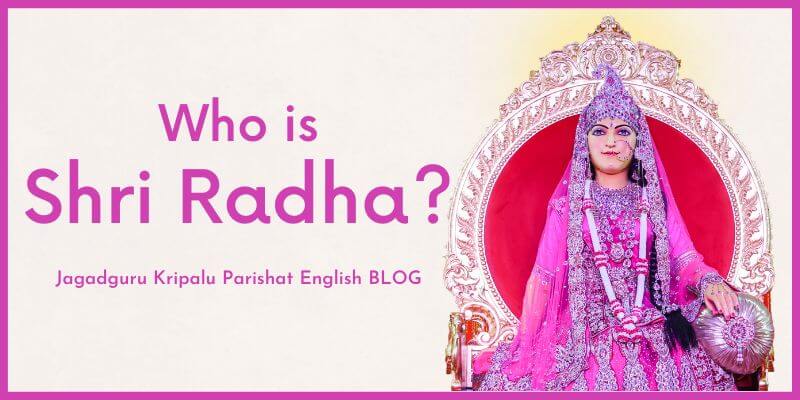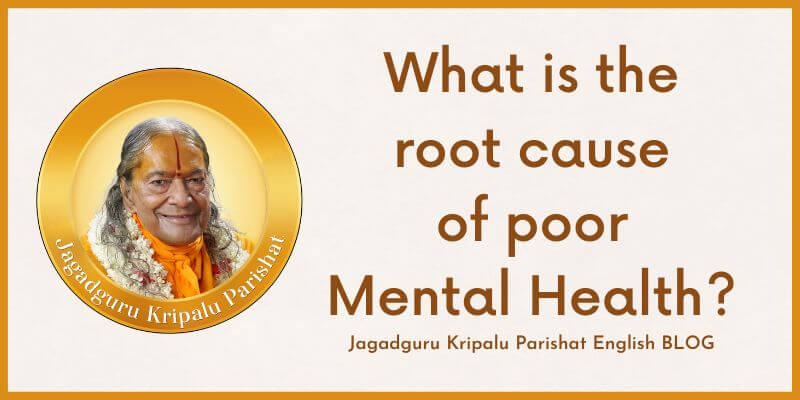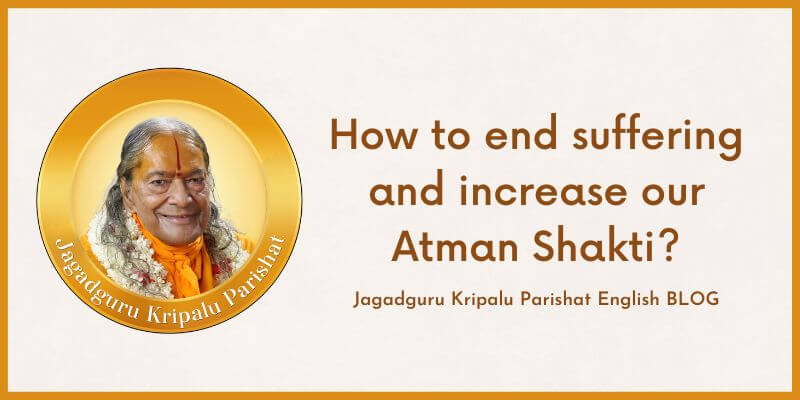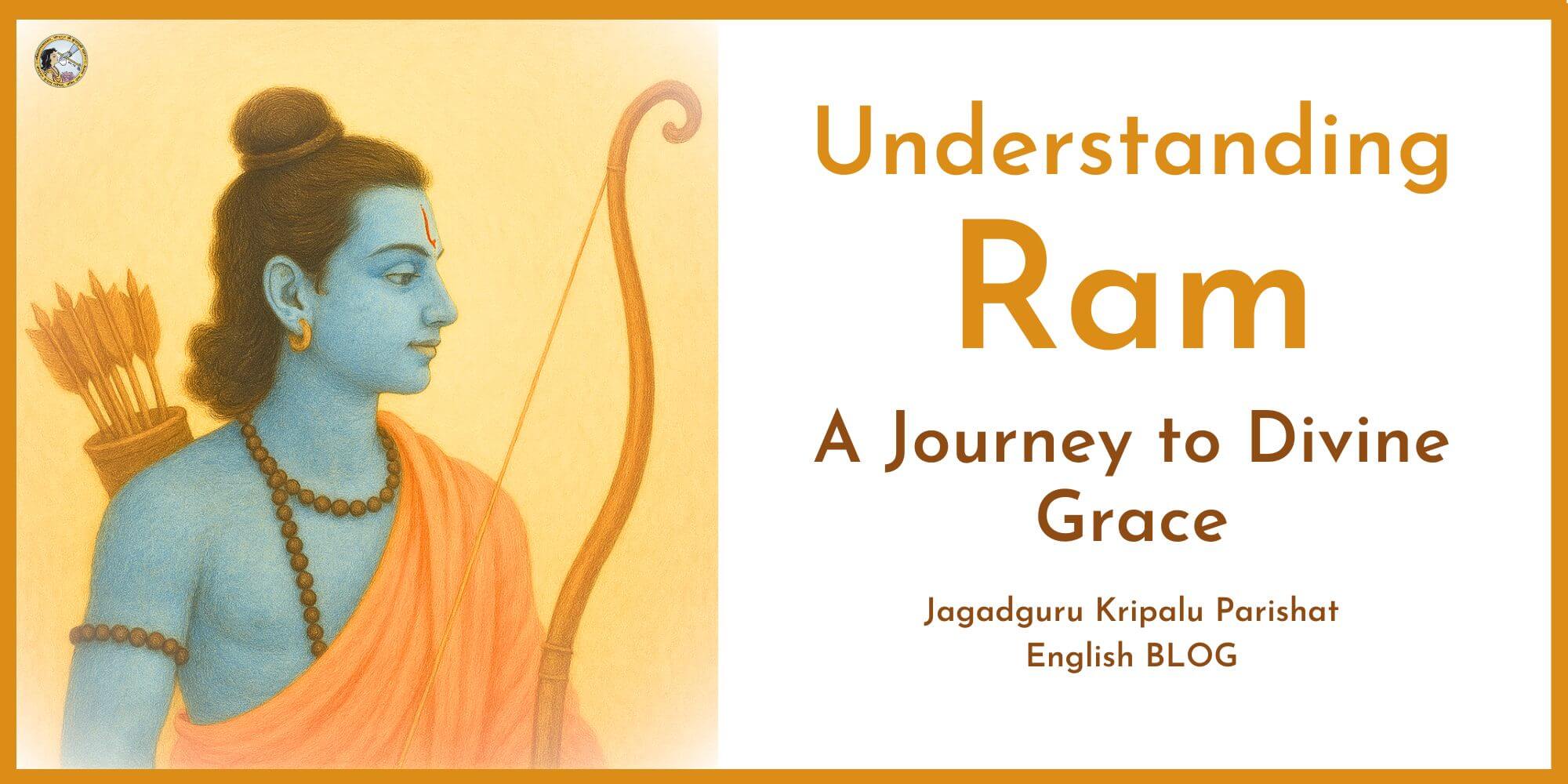Is there a God?
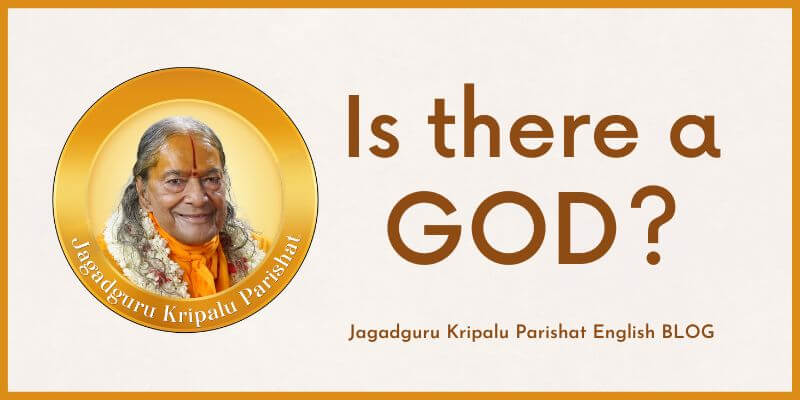
There are two viewpoints – one of the materialists and the other of the spiritualists. The materialists hold the view that the creation, sustenance and destruction of the universe are all mechanical processes governed by natural laws. There is no entity named God. He is merely a product of a weak, degenerate mind. It is man who has fabricated a being called God. God has not made man. To bring God into the picture is an indication of insanity. The world has come into existence from the four elements earth, water, fire and air.
Now the question arises, is there an entity called God and should we accept that He exists merely because the scriptures say so, or is there any concrete proof of His existence? The empiricists do not accept anything unless it can be directly perceived. They say that they cannot accept anything on blind faith. Here, we come to a disagreement between the theist and the empiricist, which needs to be resolved.
Now let’s ask the empiricist, “Have you seen your actual self, your intellect or your mind?” The answer will be a “No.” It is impossible for ordinary men to see the mind and intellect, because they are subtle. We can ask another question, “Can you prove who your father is through direct perception?” The answer will be ‘No’ again. So if you can neither prove who you are, nor who your father is, or even directly perceive the existence of your mind or intellect, then what kind of empiricist are you?
“Can your senses perceive the subtle sensory powers of the sense organs?” ‘No!’ Then how do you wish to establish everything through perceptual evidence? “Do you scientifically examine the food you eat, the water you drink and the air you breathe, before using it? Do you disbelieve the existence of everything unless you directly perceive it?” If so, then in my opinion, you must first undergo mental treatment before you become an empiricist or the proponent of any other philosophy.”
Now let us consider the spiritual viewpoint. The scriptures state, “One who does not know the Vedas cannot know God.” Therefore, let us first find out what the Vedas – our Divine scriptures have to say about God. The logical argument given is, “When we perceive smoke rising from a mountain, it can be inferred that there must be fire on that mountain.” Because it is a rule that wherever there is smoke, there must be a fire.”
In India, ‘Nyaya,’ ‘Vaisheshika’ and other philosophies have used inference as evidence to prove the existence of God. They state that by observing creation, it can be inferred that its creator is certainly some competent and All Powerful God. The logic used is that there are two types of actions:- those that are performed by man and the others by God. Of these, we are familiar with actions performed by men, as we perform them every day. But those actions which cannot be performed by man are called divine, such as the creation of rivers, mountains, the sun, the moon and so on.
Although God is not a subject of inference, His existence can be established to a certain extent by this means of evidence. For instance:
- Observing the orderly appearance of the universe, it can be inferred that such an order is possible only under some rule, and that ruler can only be God, because man has proven to be incapable of understanding even the mere organisation of the universe.
- The sun, moon, and stars cannot be created even by the greatest of scientists. Creation of a planet is a far cry from this, when it has not been possible to acquire even preliminary knowledge about the surfaces of these celestial bodies!
- The movements of the sun, moon, etc are regulated by some definite laws whose controller must be some All-Powerful God.
- The world is suspended in space. The effort involved in supporting the Earth and other planets must be due to God.
The laws existing in creation must have some lawmaker. That lawmaker must also be all-knowing in order to implement and enforce these laws. Any work in the world is possible only when the equipment, doer, knowledge, desire for and action are all combined. All these are also essential to the creation of such an extraordinary world, and this is possible only through God.
Even a mere drawing of the world requires an artist. If someone were to claim that a map of the world was made by itself without anyone drawing it, then such an individual would be considered insane by a sensible person. Then how can it be claimed that the universe came into existence by itself?
Modern science has gone to the extent of declaring that atoms are energy forms and not gross material objects. These atoms are in fact vibratory functions of some unknown and unmanifest energy. It is easy to guess what that entity is, which science declares as ‘unknown” and “imperceptible.’ The Vedas also declare that God is ‘unknowable’ and ‘imperceptible.’
The renowned scientist Professor Eddington declared, “Some unknown, imperceptible power is working behind some unperceived action, but we do not know anything about it. We come across some such unknown element in our research, which is beyond explanation in material terms.” You can now imagine how incomplete and hollow material science is!
If someone says, “ I believe that all the above powers are present in Nature,” then this word ‘Nature’ proves to be synonymous with God. God has infinite names and forms. One more name ‘Nature’ can be added to them. But, nature being an inanimate entity cannot have the power of creating the world. Therefore, we will have to accept the existence of a conscious entity for creating and sustaining the world.
Thus, we will have to accept God as the creator. This view is not only declared by all the scriptures, but also proven by logical inference. The Vedas also declare that even though attempts are made to prove God’s existence by means of logical reasoning, the existence of God is not a subject of logic. The surest proof of the existence of God is scriptural evidence – the Vedas, which are Divine in origin.
Vedas declare:-
“God is divine and the senses, mind and intellect are material.”
(Hence the material senses cannot grasp a Divine personality)
“He is the Supreme Illuminator, and the senses, mind and intellect are illumined by Him” (The illumined cannot possibly illumine their illuminator. Hence, he is totally unknowable)
The above scriptural statements assert that God is in fact all pervading, yet our senses cannot perceive Him because they are material and imperfect. Saints like Tulsidas, Surdas, Mirabai and so on had experienced the blissful form of God everywhere.
Now what we have to reflect upon is when God is beyond our understanding, how can we expect to know Him? And without knowing Him, we cannot have faith, without faith we cannot attain Him and without attaining Him, there is no question of attaining Divine bliss, which is the goal of every living being.
If someone has doubts whether there is a God, then he should engage in spiritual practice or sadhana prescribed in the Vedas and experience for himself whether God is a reality or not. Thereafter if he does not attain God, then he has the right to say that there is no such Personality.
Credits: Prem Ras Siddhant by Jagadguru Shri Kripalu Maharaj
*A brief introduction of Jagadguru Shri Kripalu Ji Maharaj*
(Known by His devotees as Shri Maharajji)
The original title of Jagadguruttam (‘Greatest Spiritual Teacher of the World’) was bestowed upon Shri Kripalu Ji Maharaj on January 14, 1957 by ‘Kashi Vidvat Parishad’ (a council of 500 greatest scholars saints of India). He composed divine texts like ‘Prem Ras Madira’, ‘Prem Ras Siddhant’, and ‘Radha Govind Geet’ to lead us on the right path of devotion. He also gave priceless monuments as gifts to the world which include - Bhakti Mandir located in Bhakti Dham, Mangarh, Prem Mandir located in Vrindavan Dham, and Kirti Mandir located in Barsana Dham. Shri Maharajji also built hospitals for the impoverished, the Jagadguru Kripalu Chikitsalaya in Vrindavan, Jagadguru Kripalu Chikitsalaya in Barsana, and another one in Pratapgarh. All three help millions of underprivileged to gain free access to medical care. His Kindergarten, School, and College for impoverished girls Jagadguru Kripalu Parishat Education is located in Kunda and provides completely free education.
